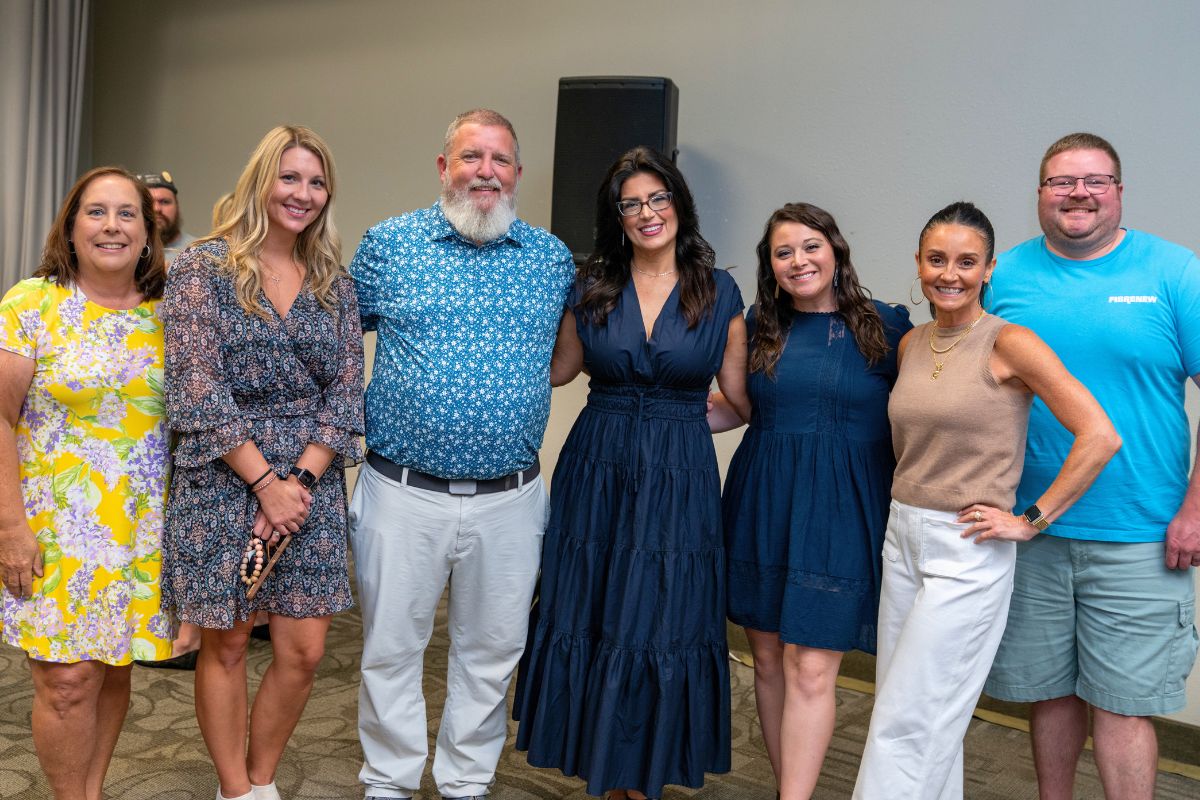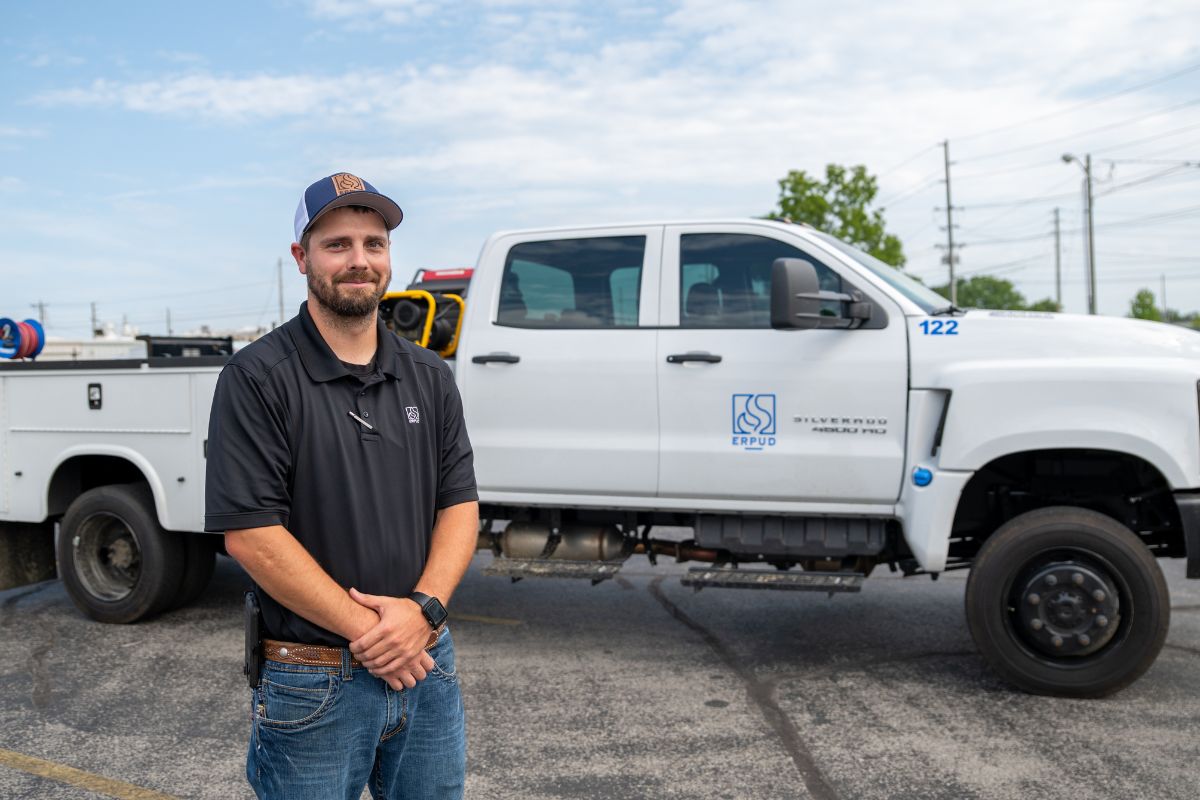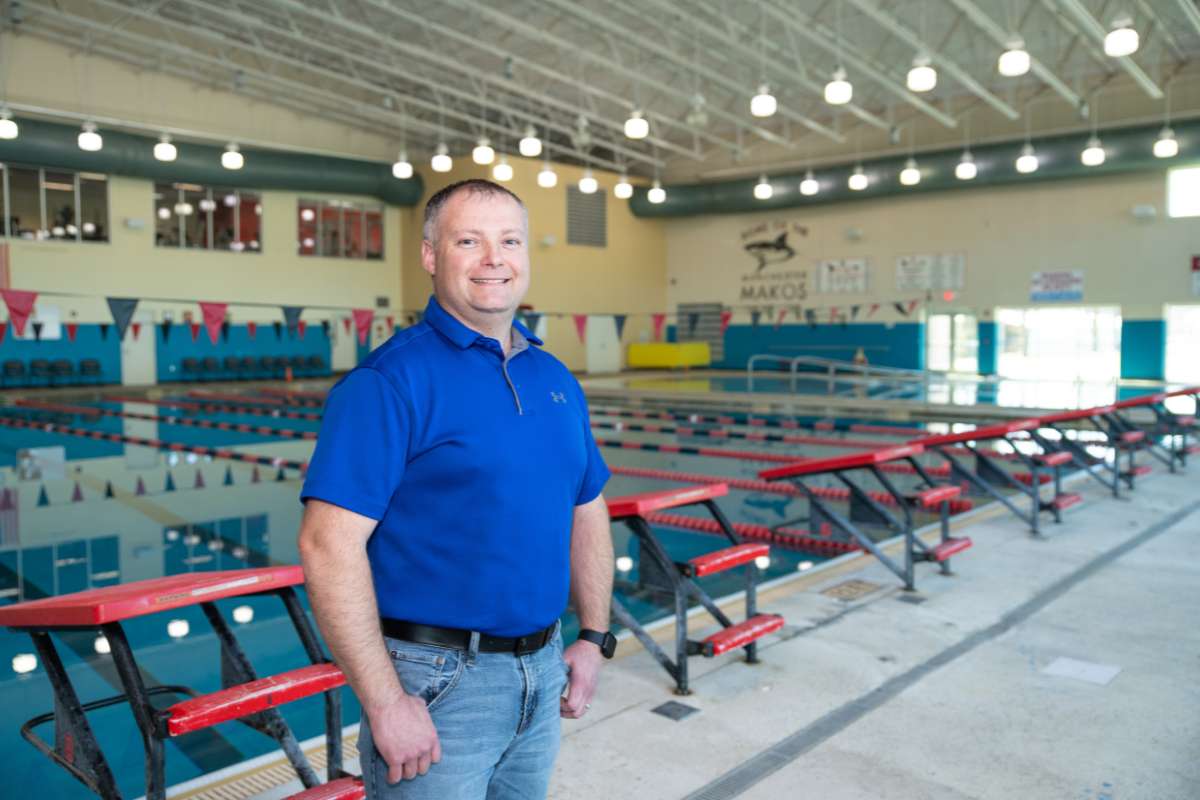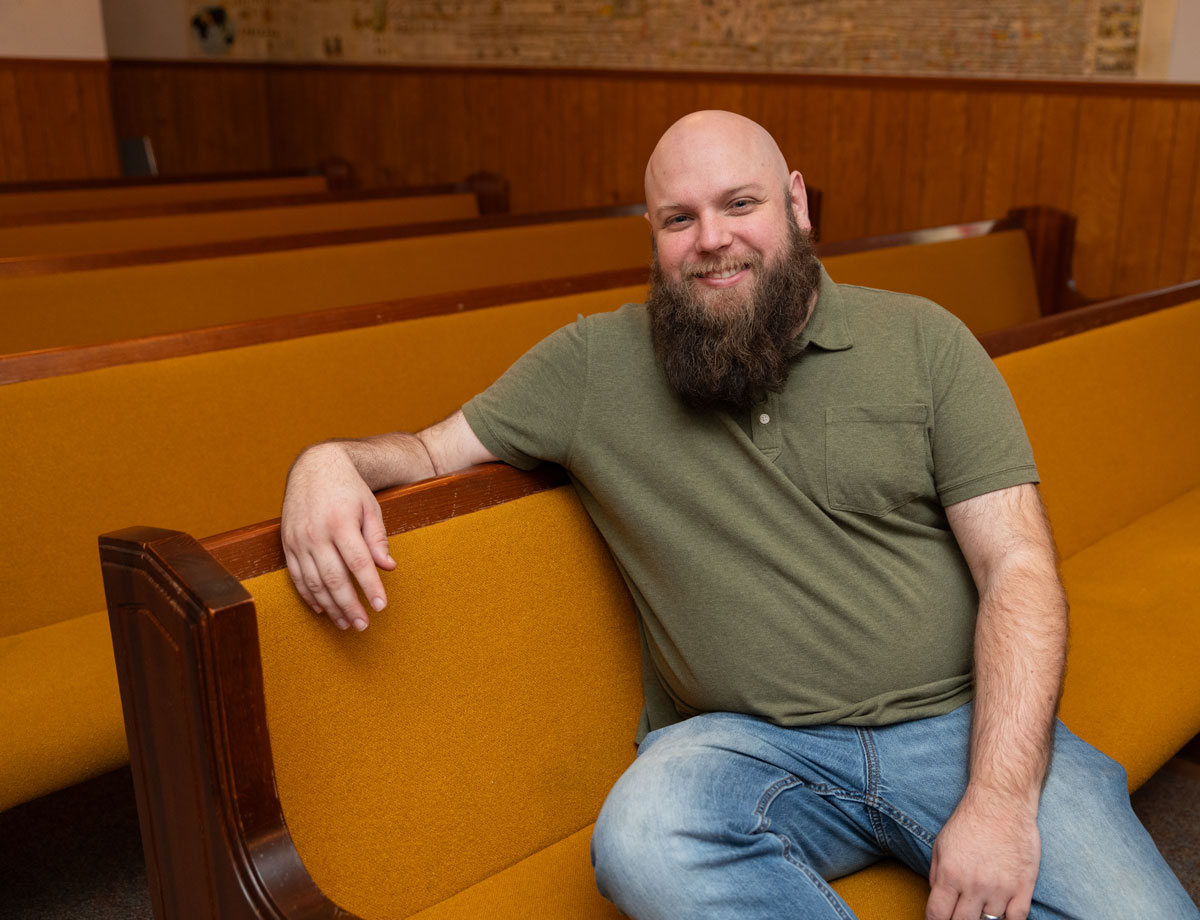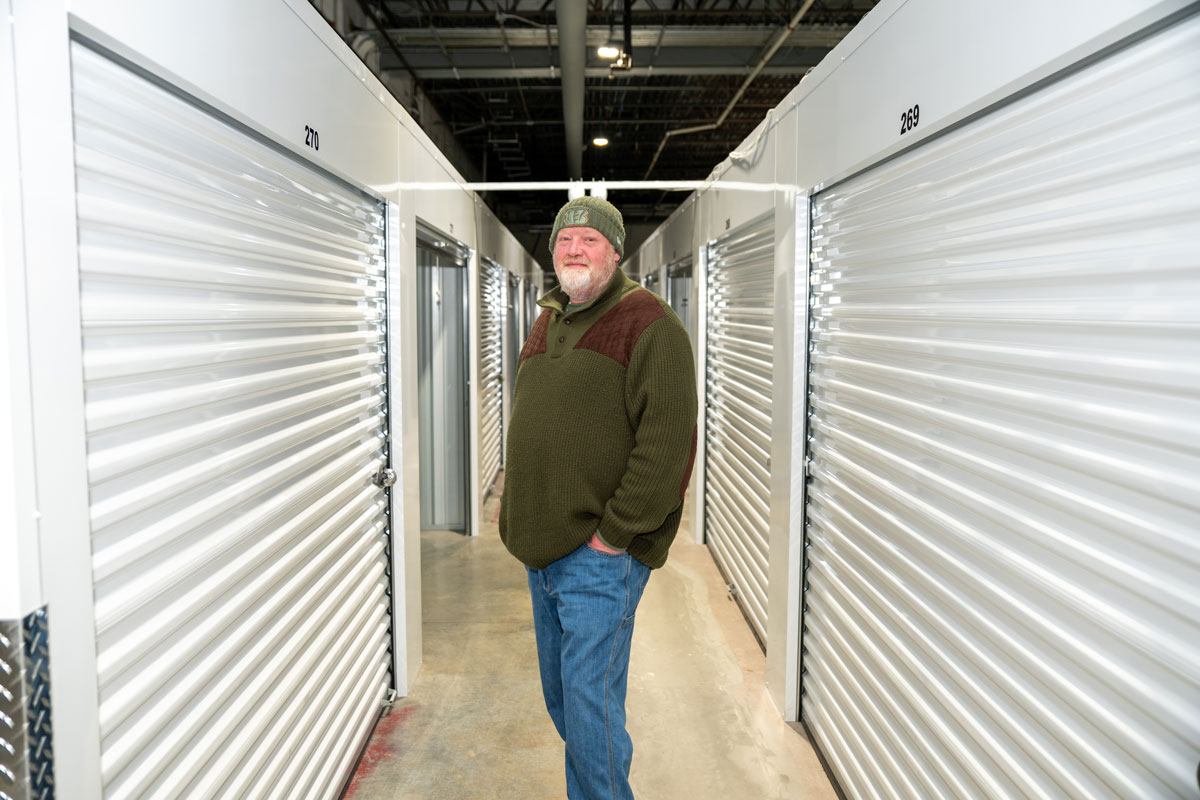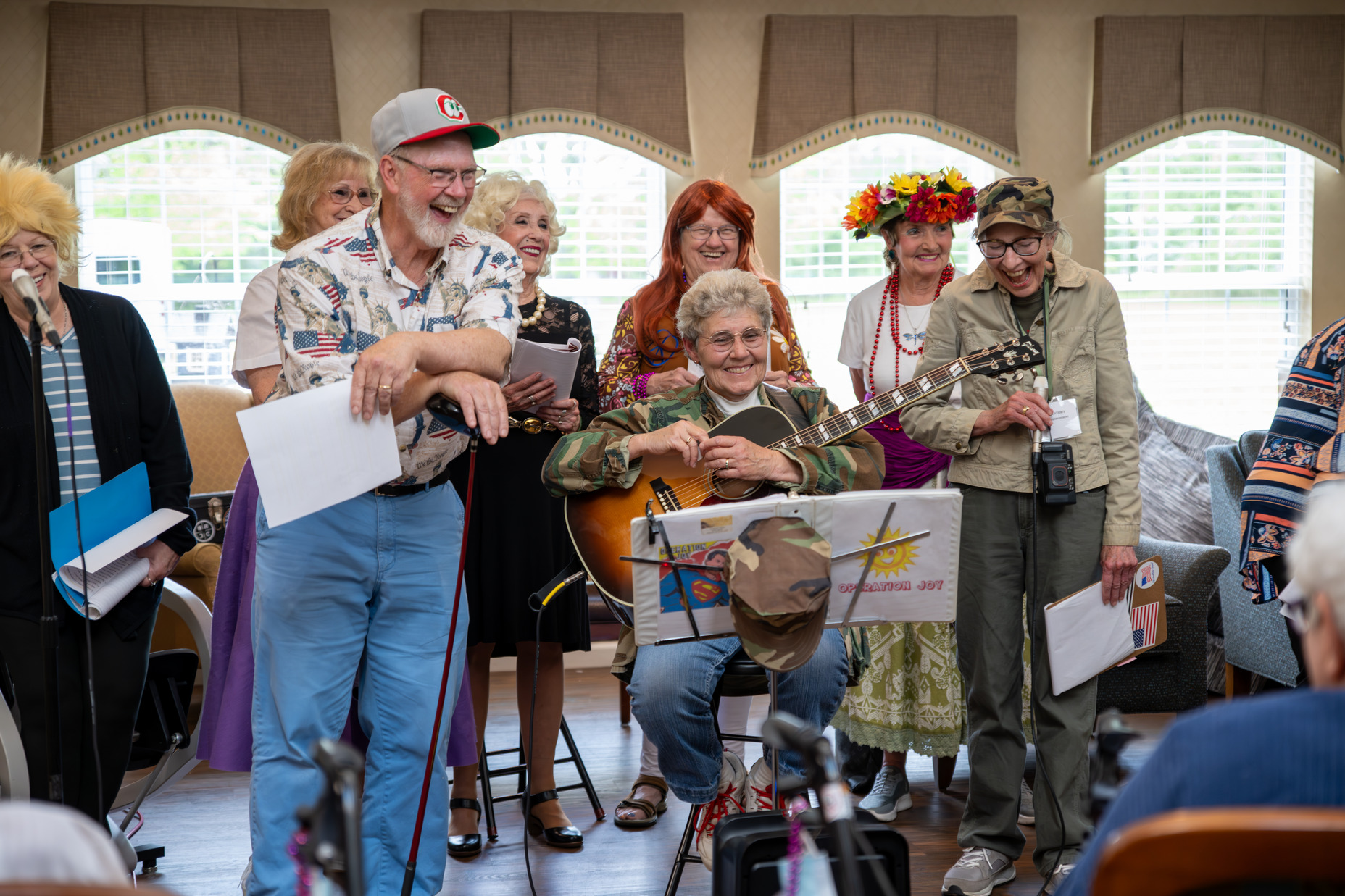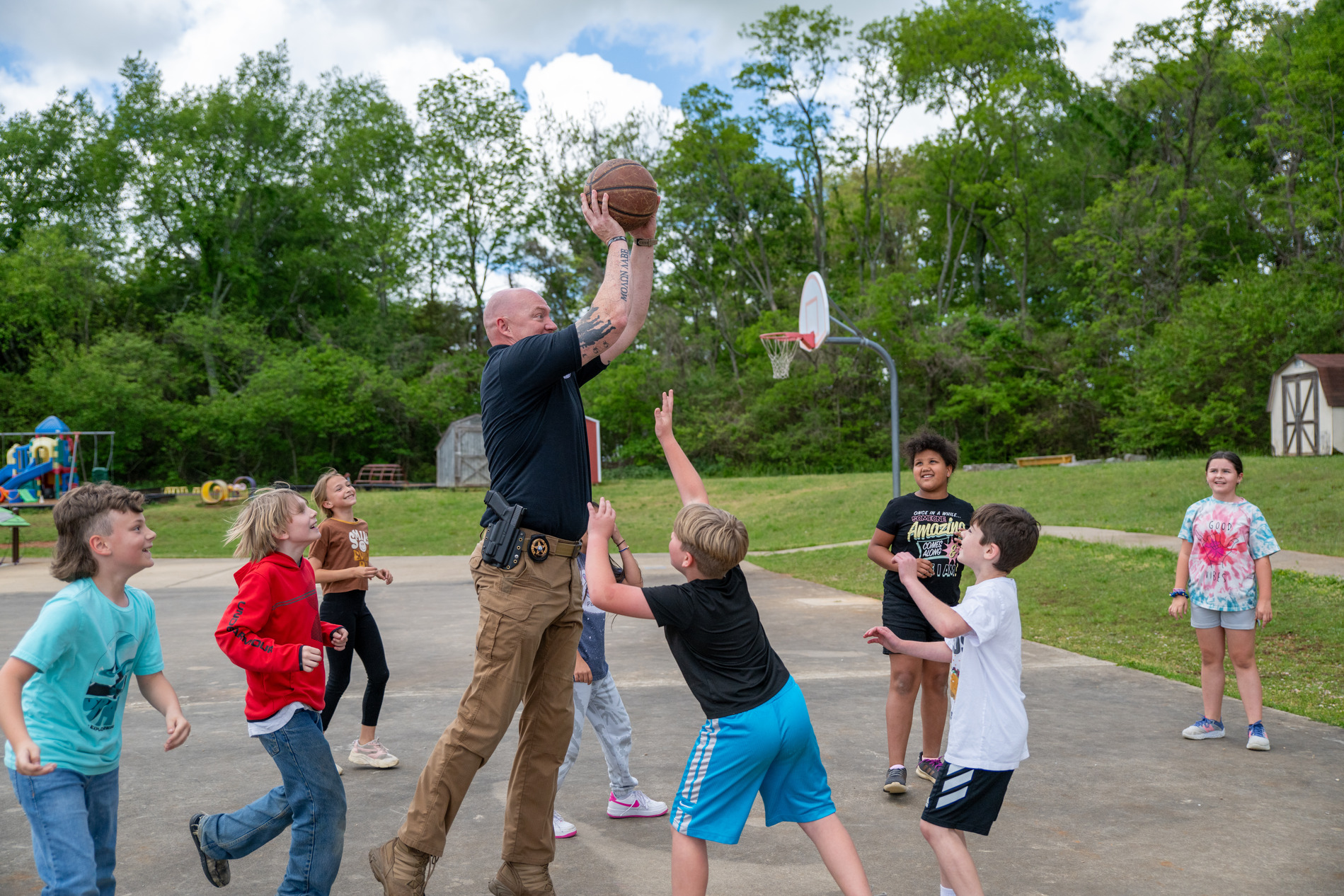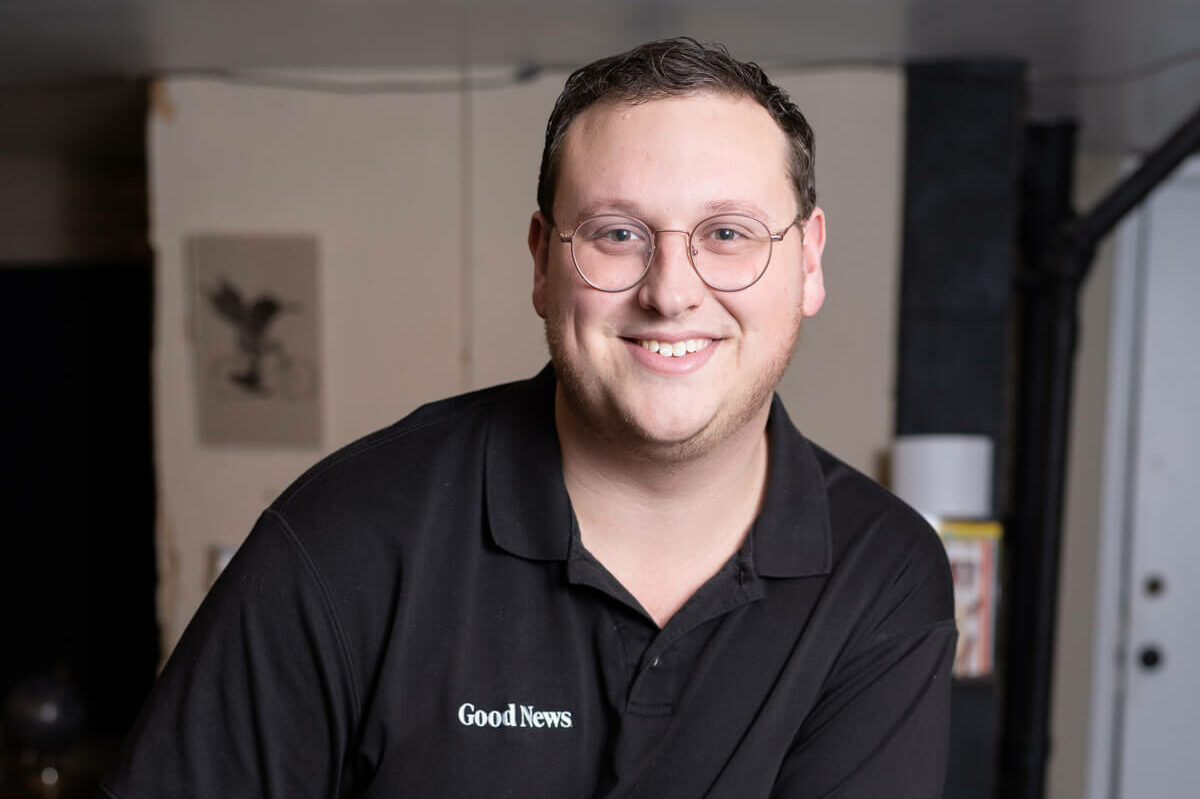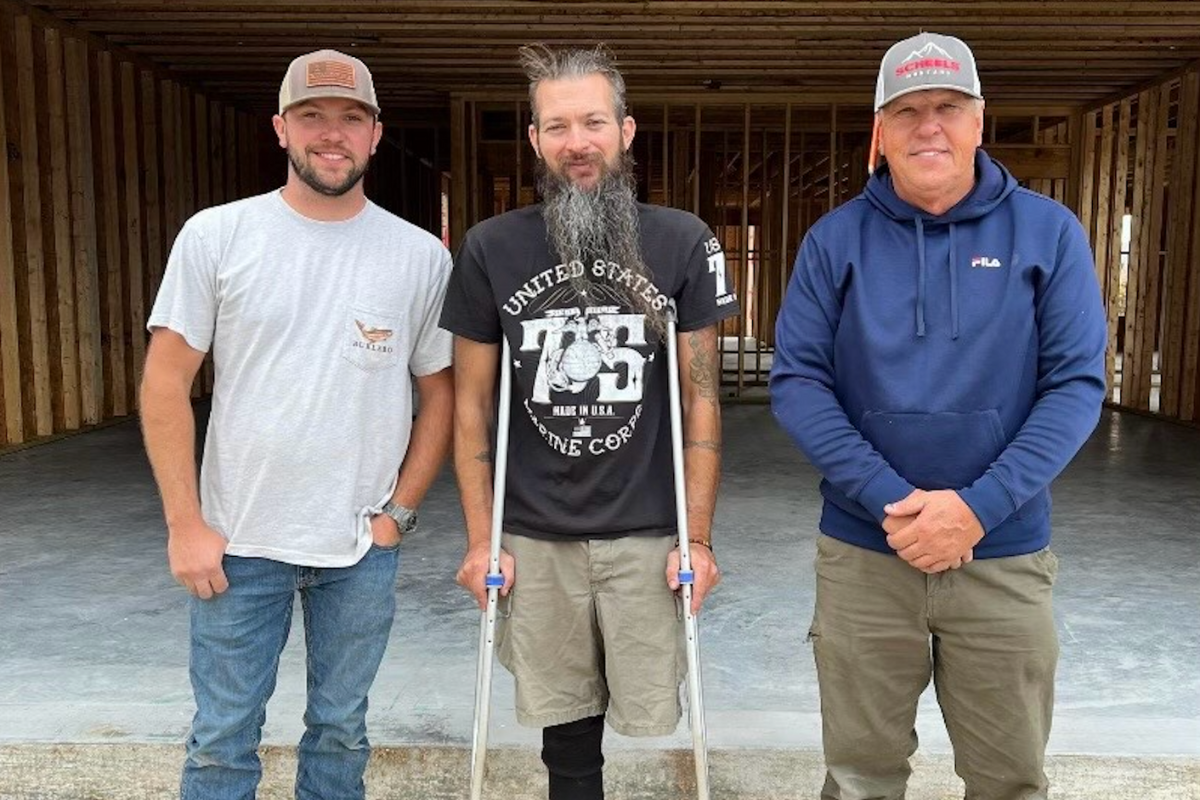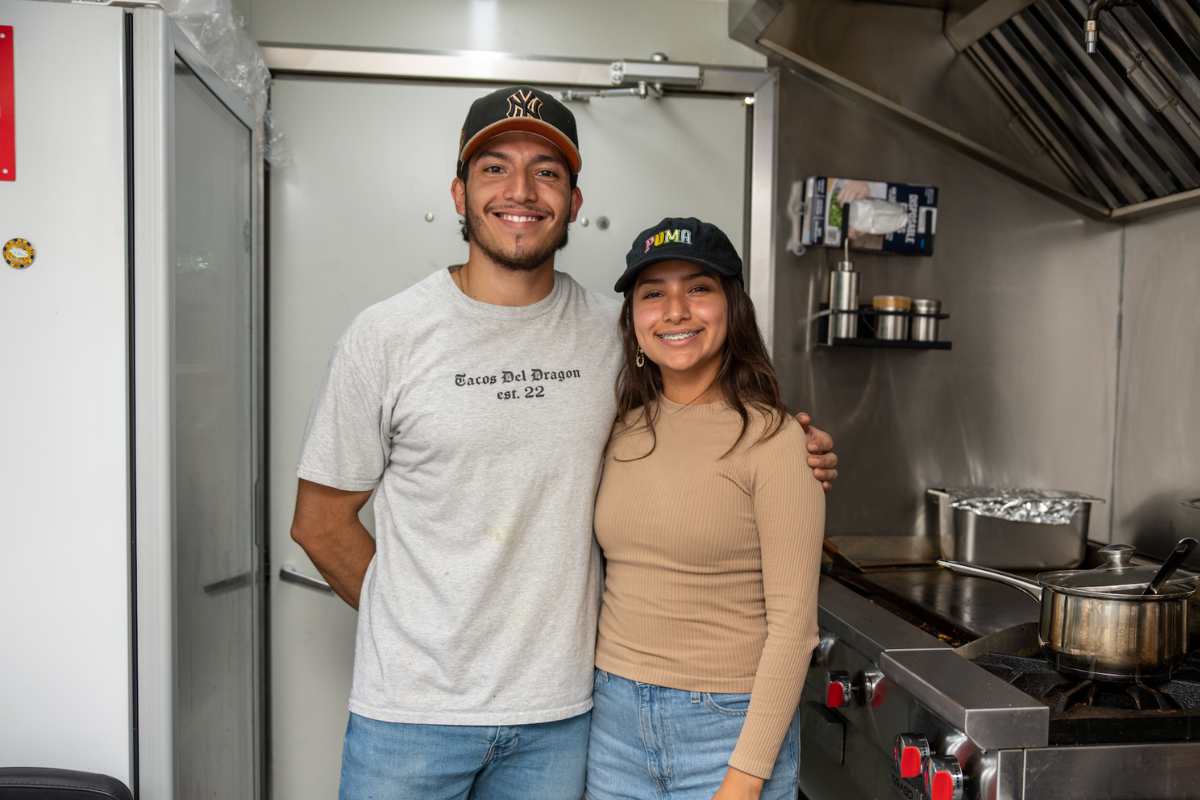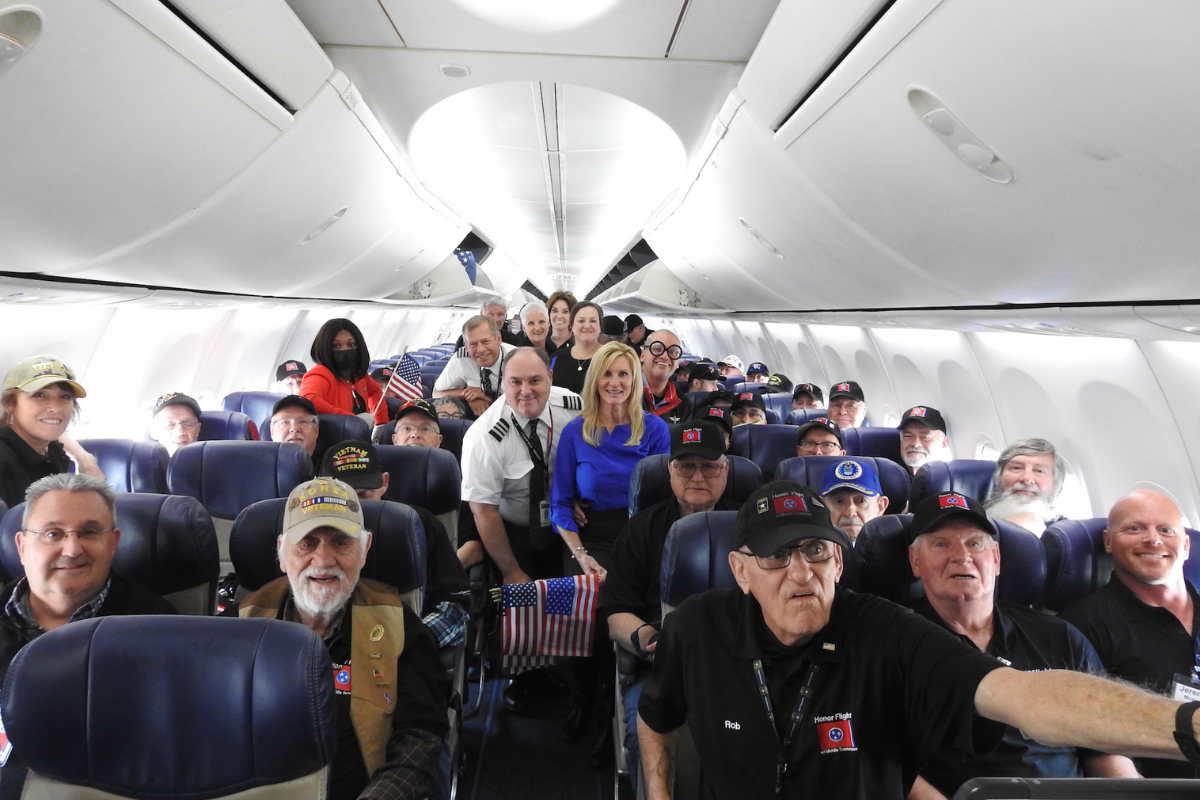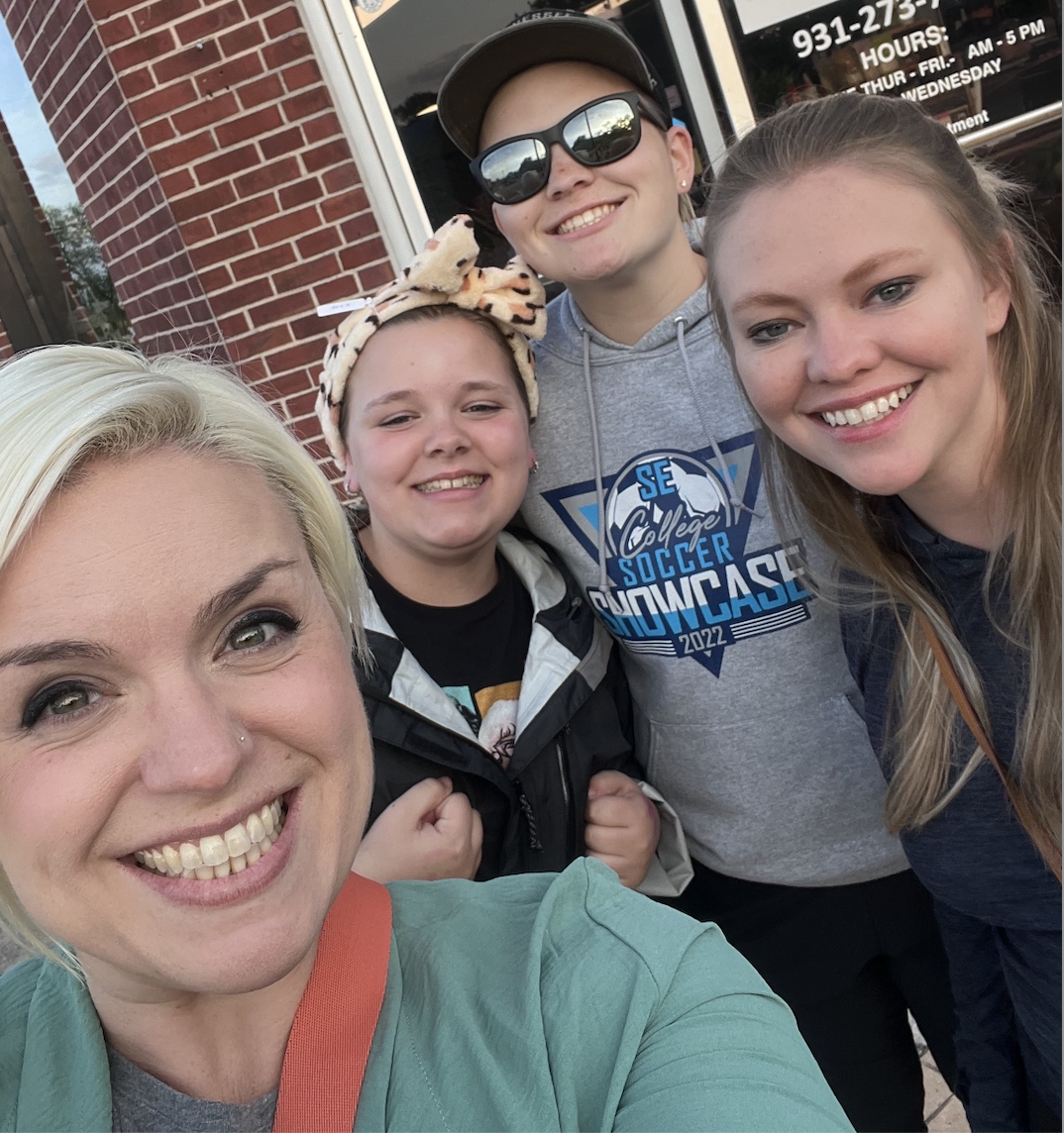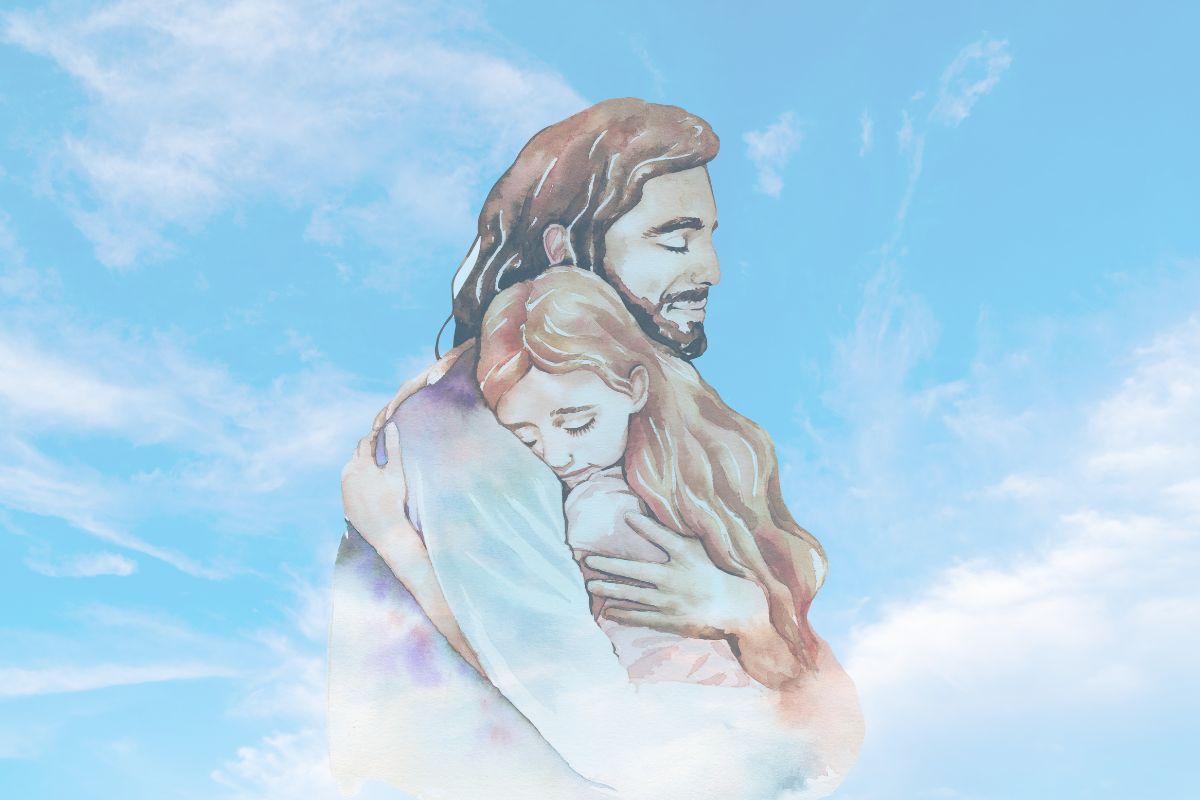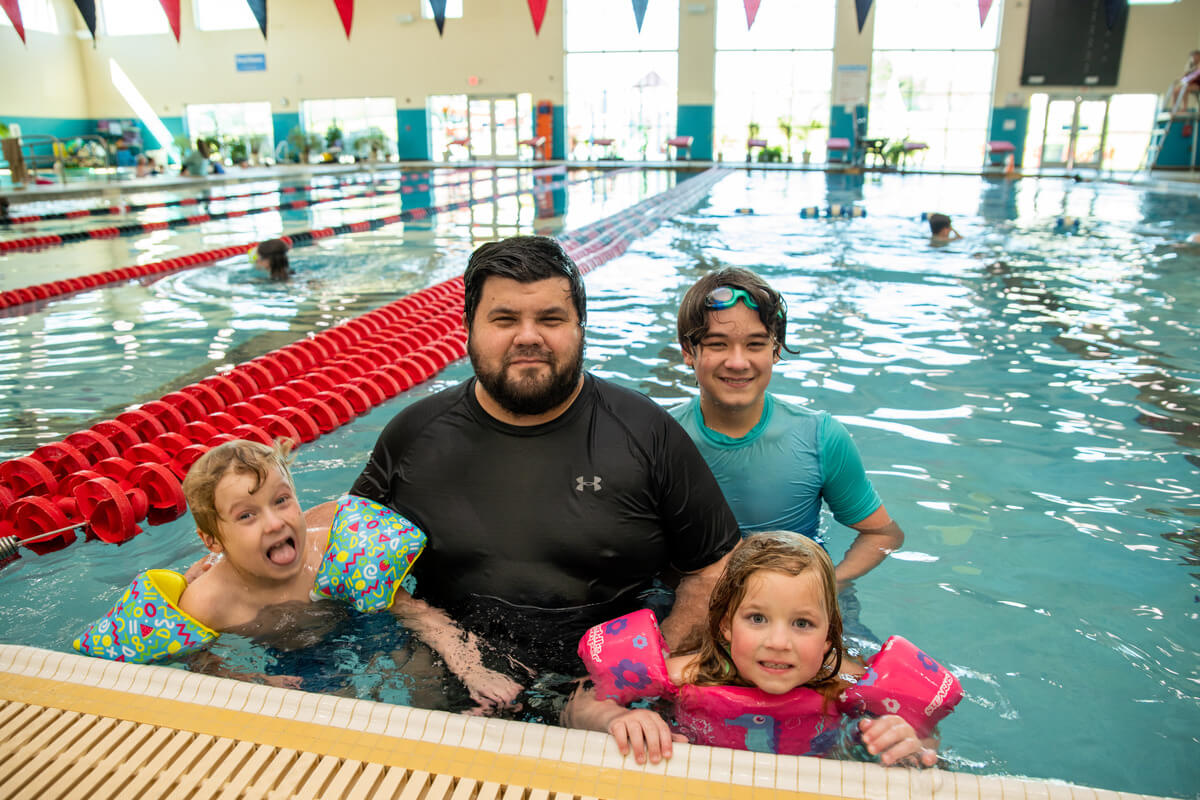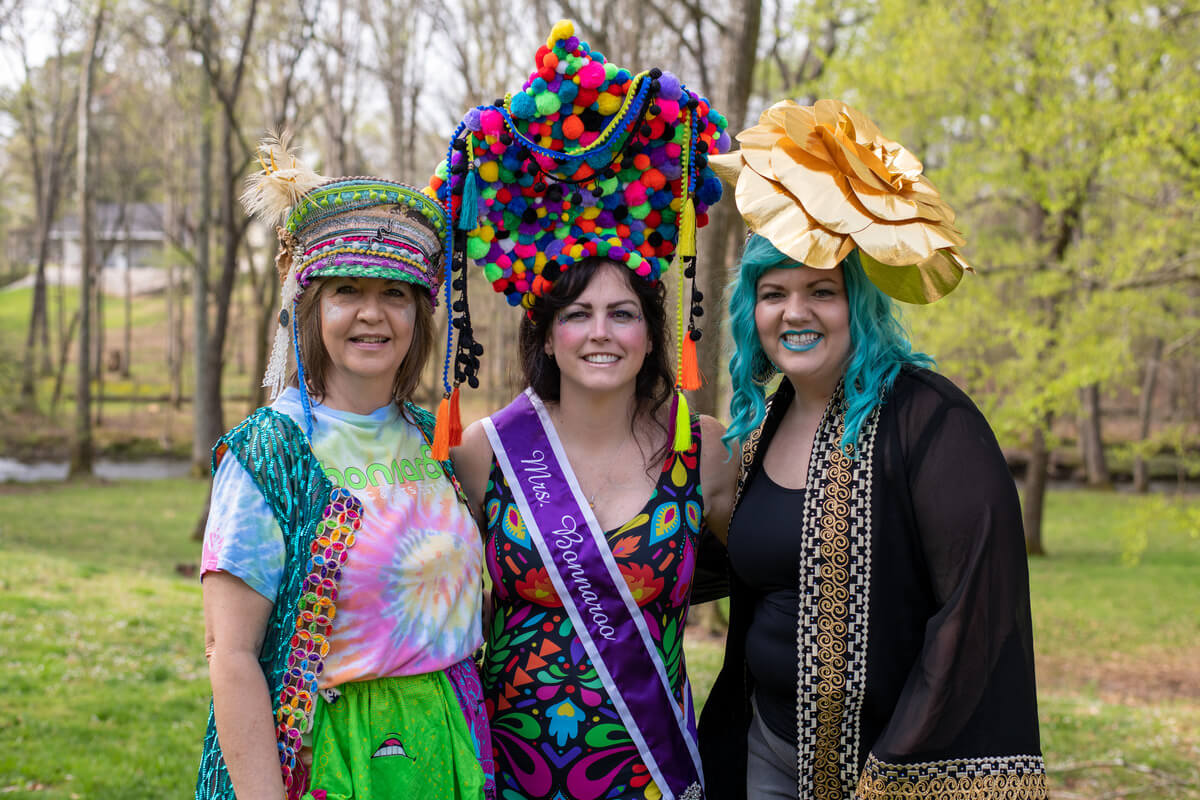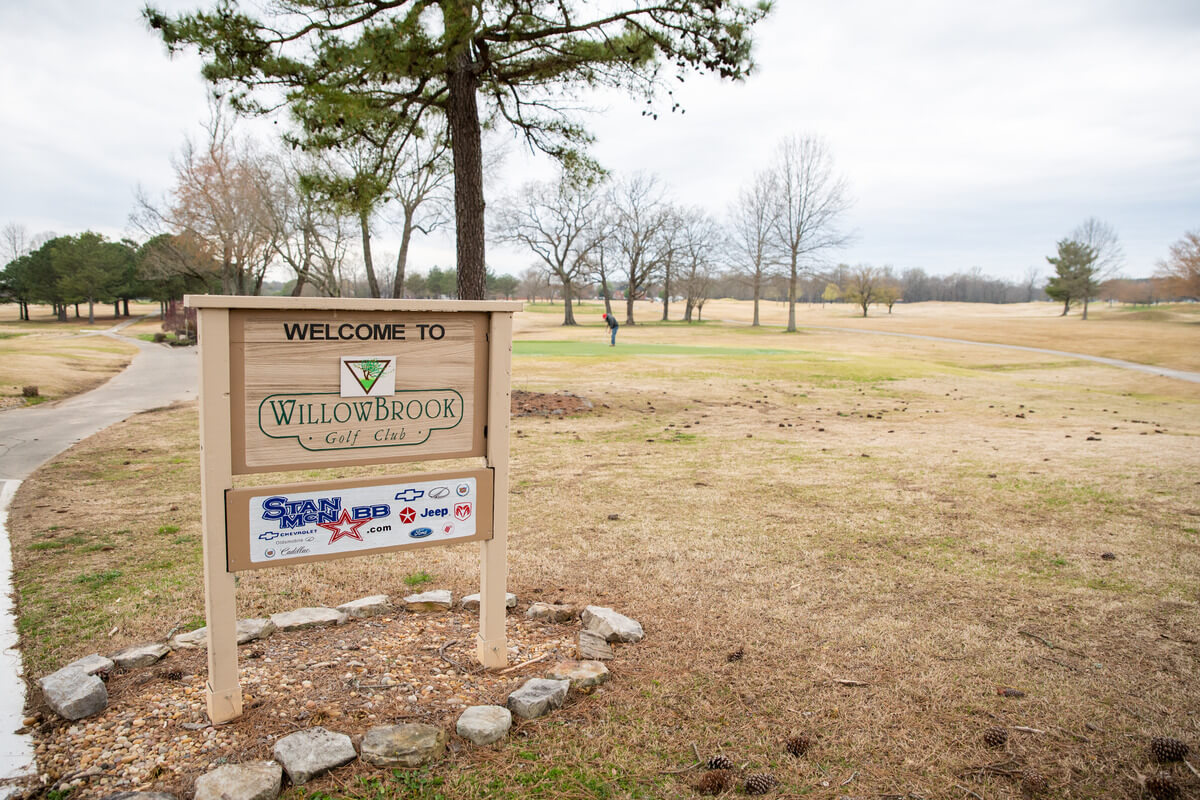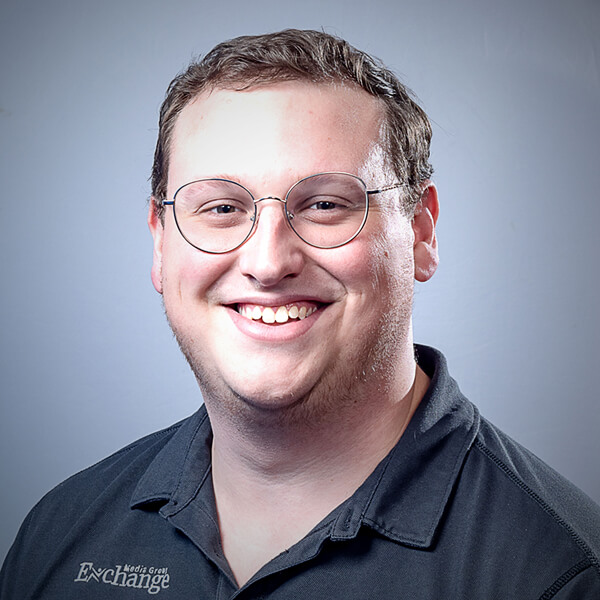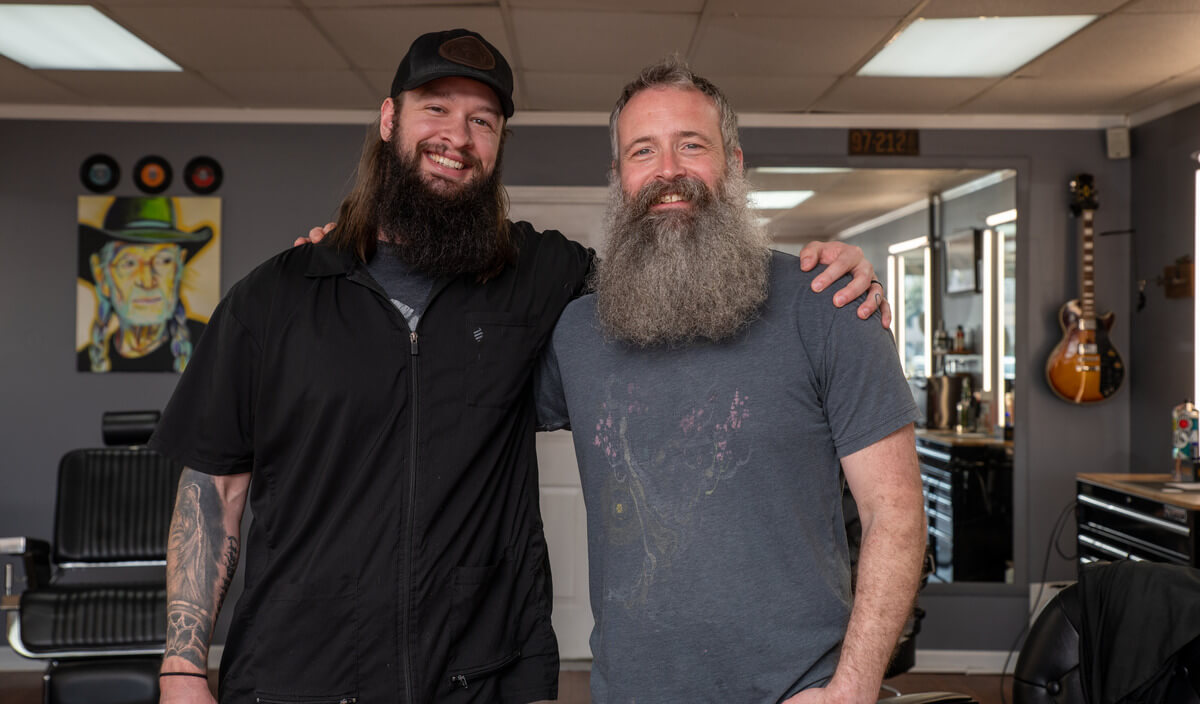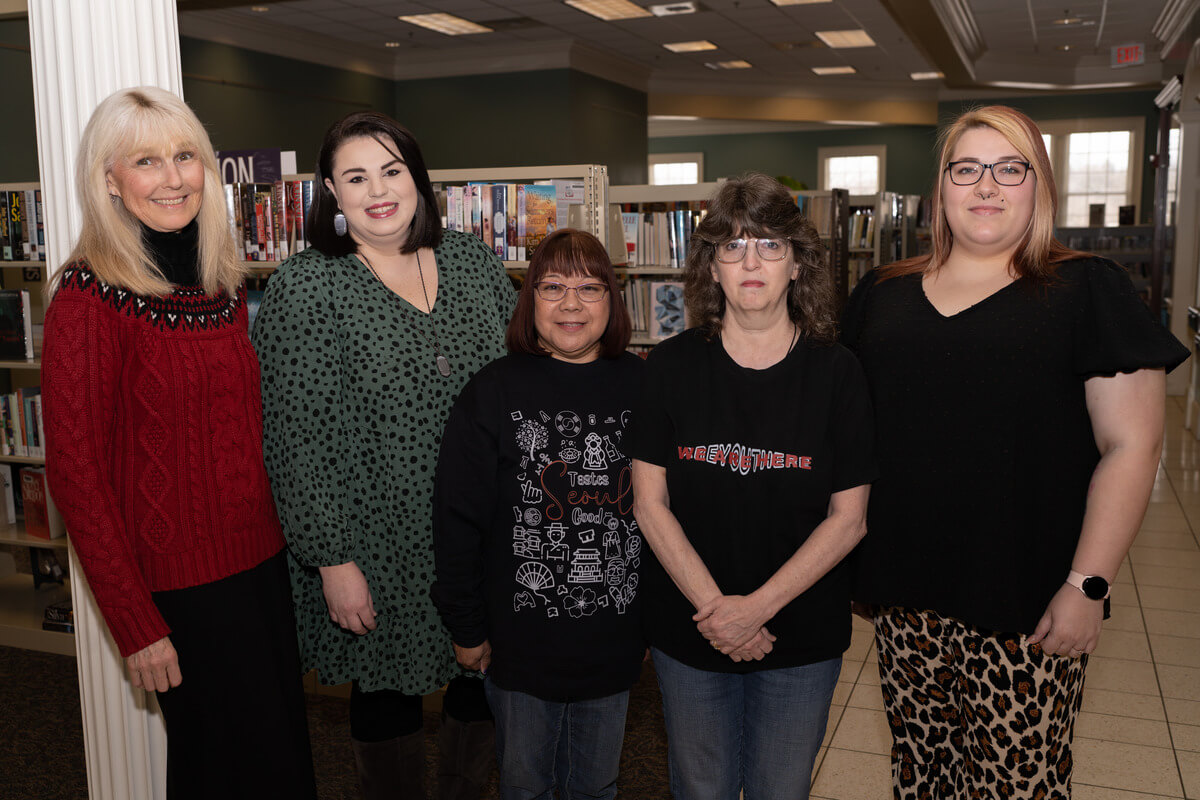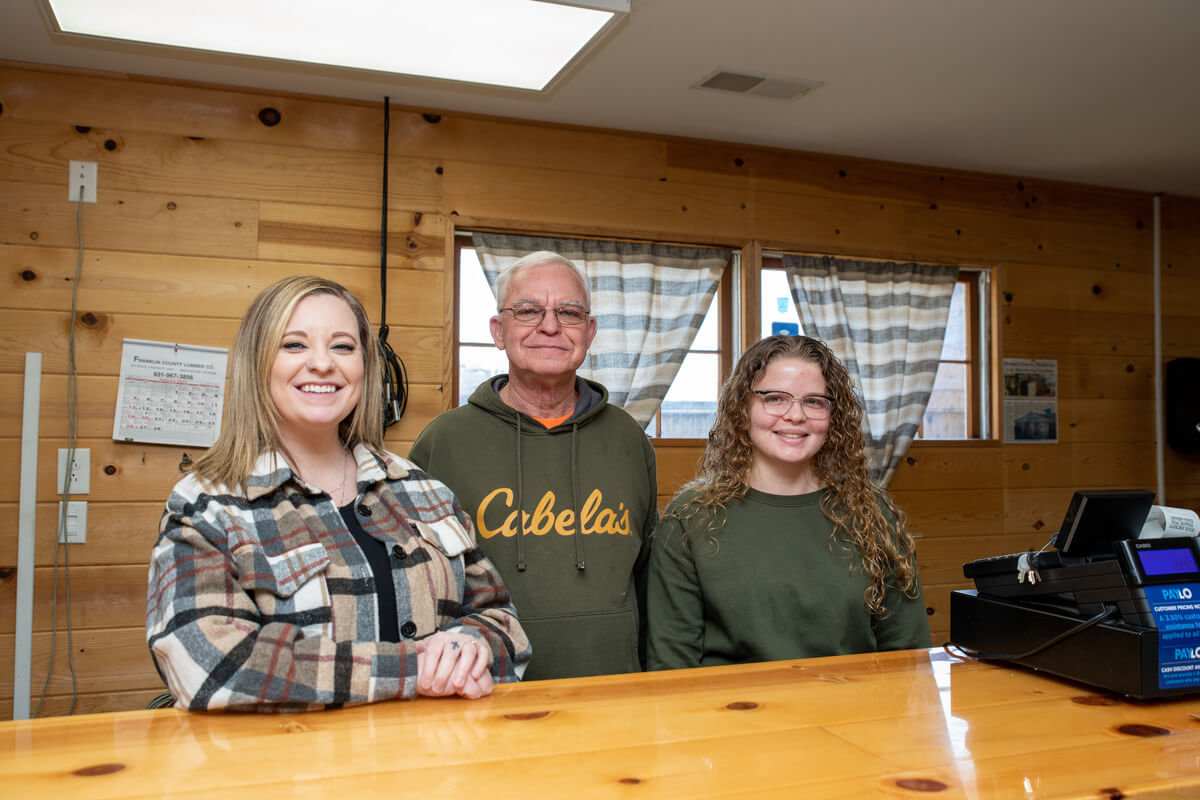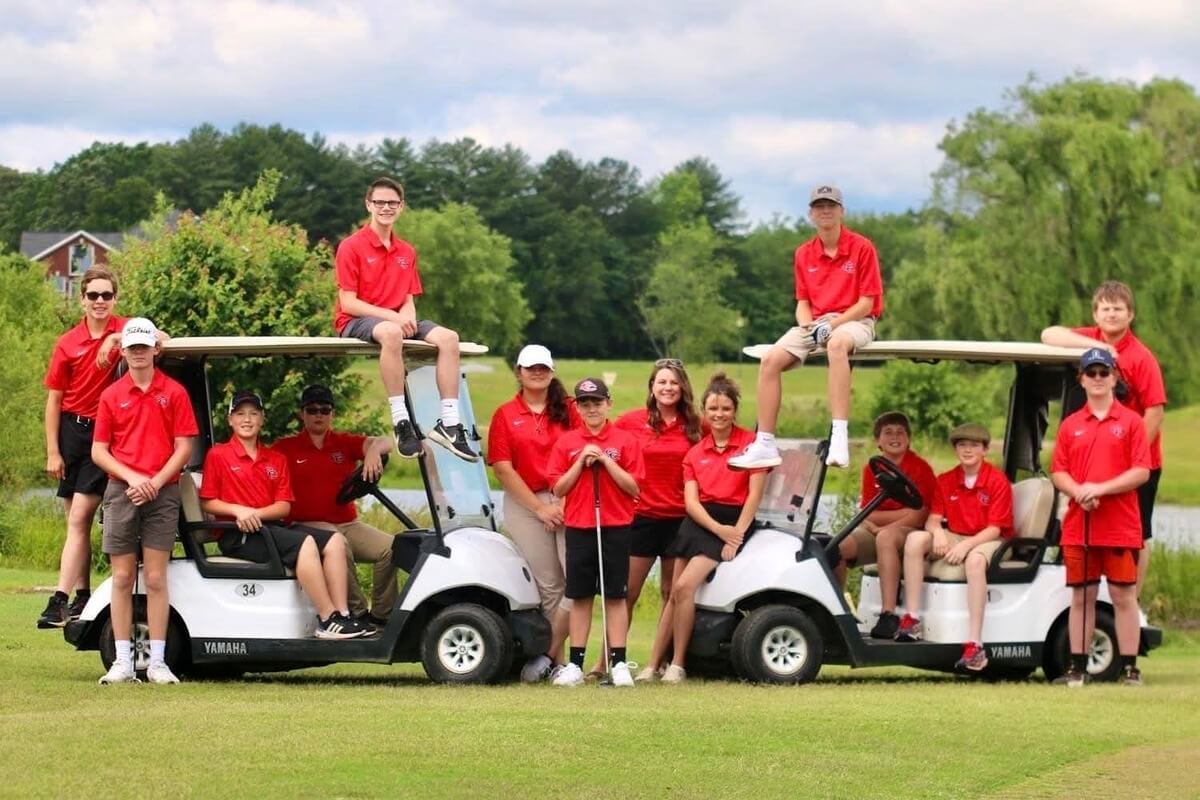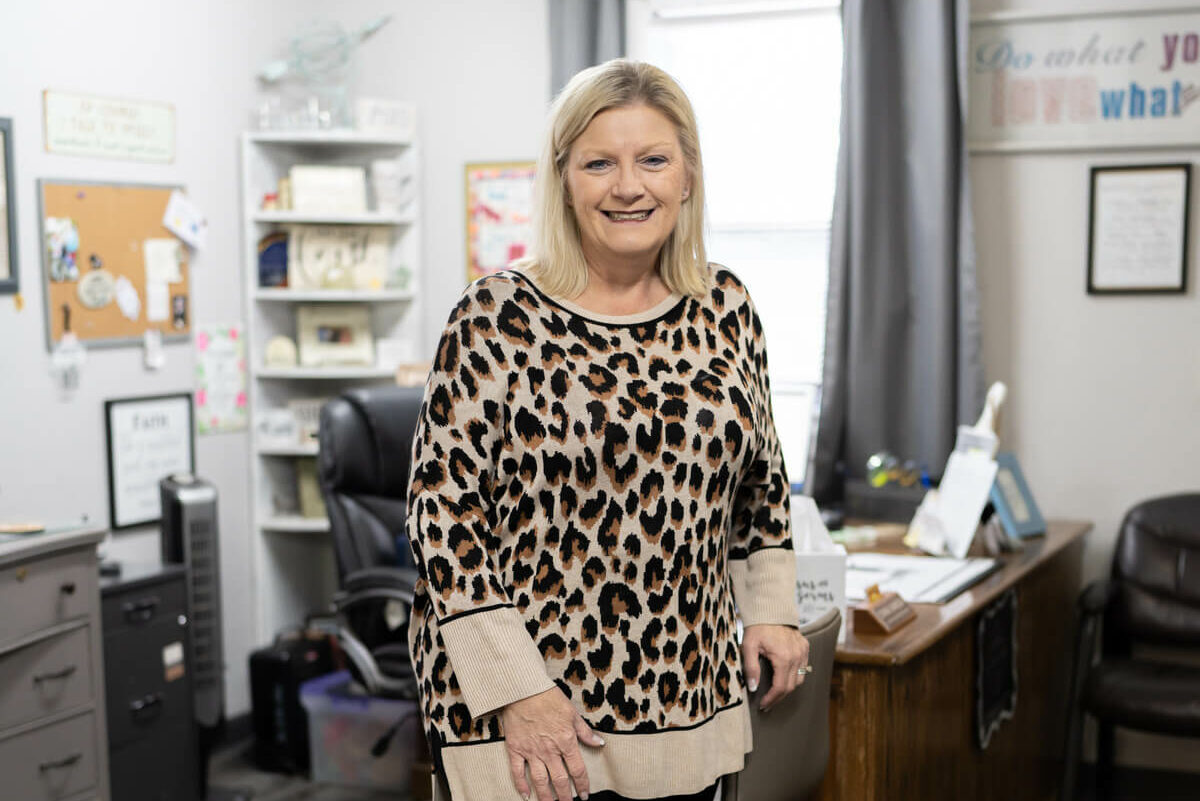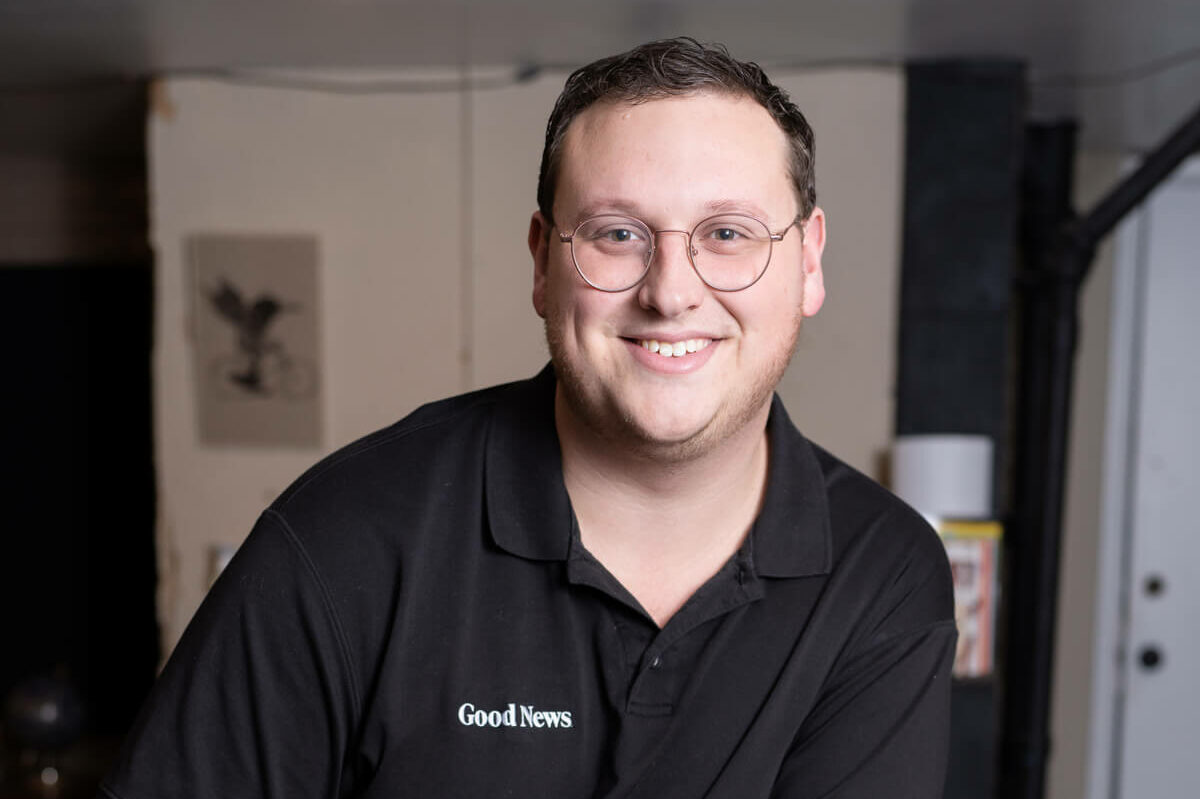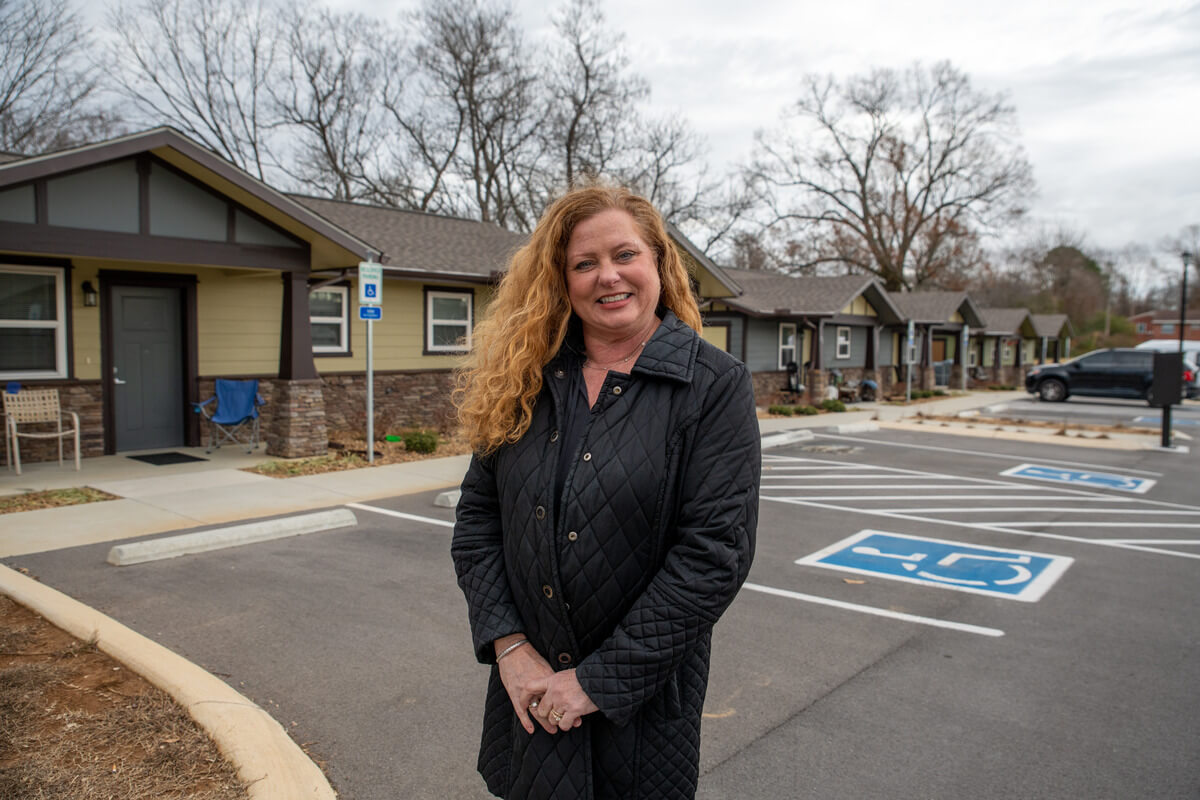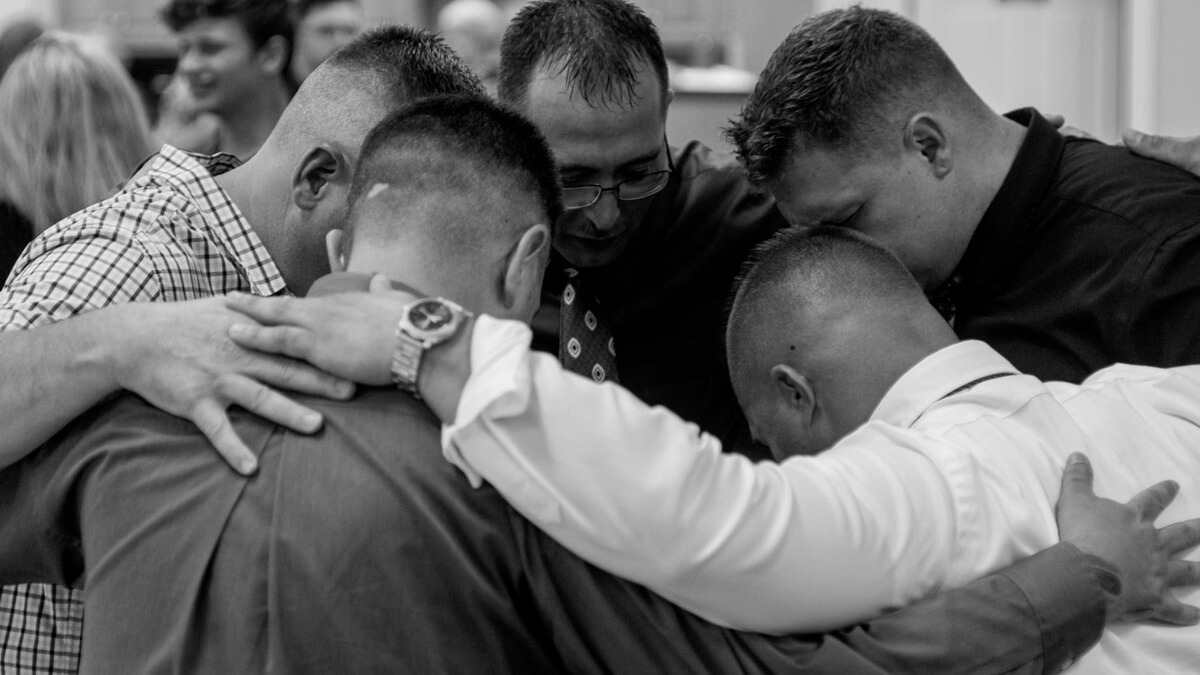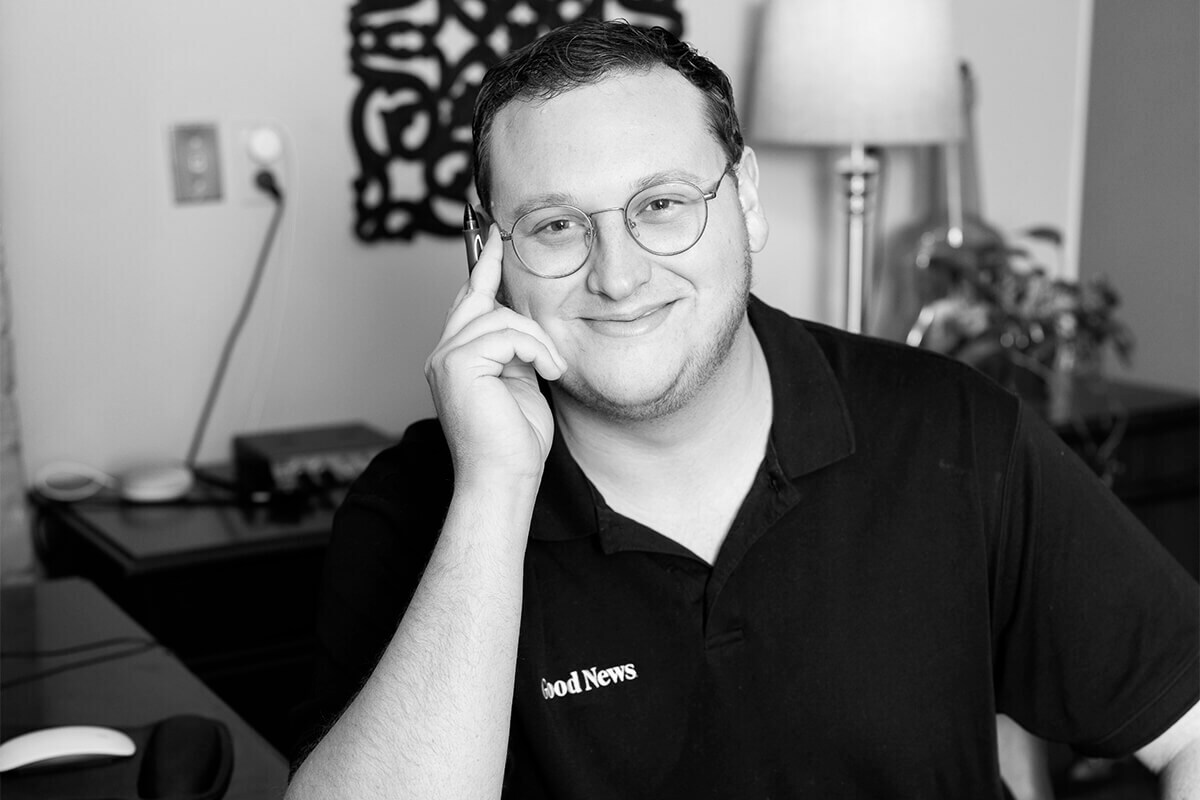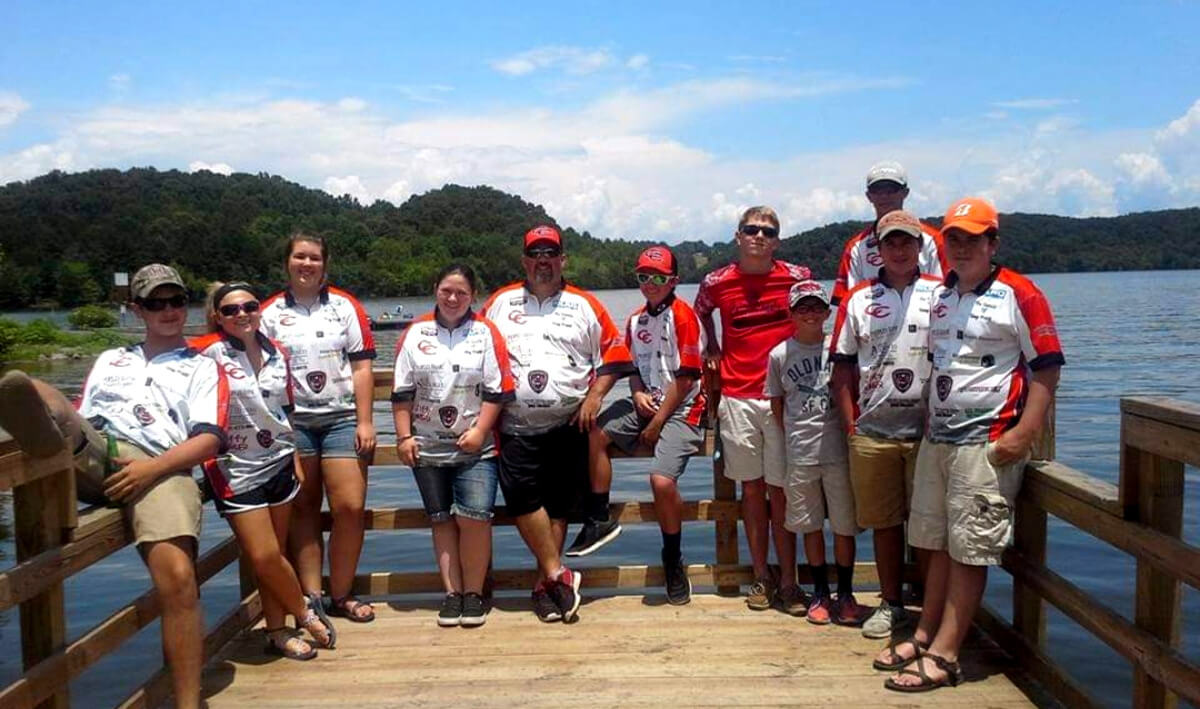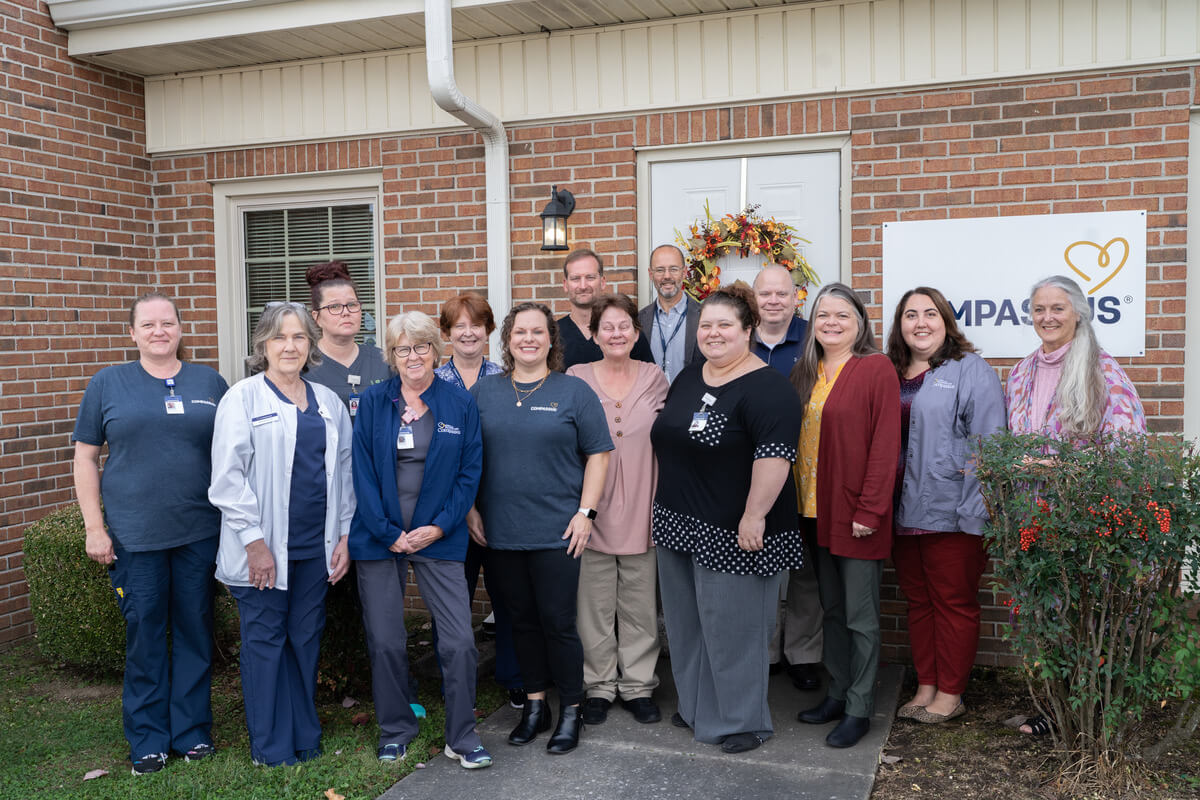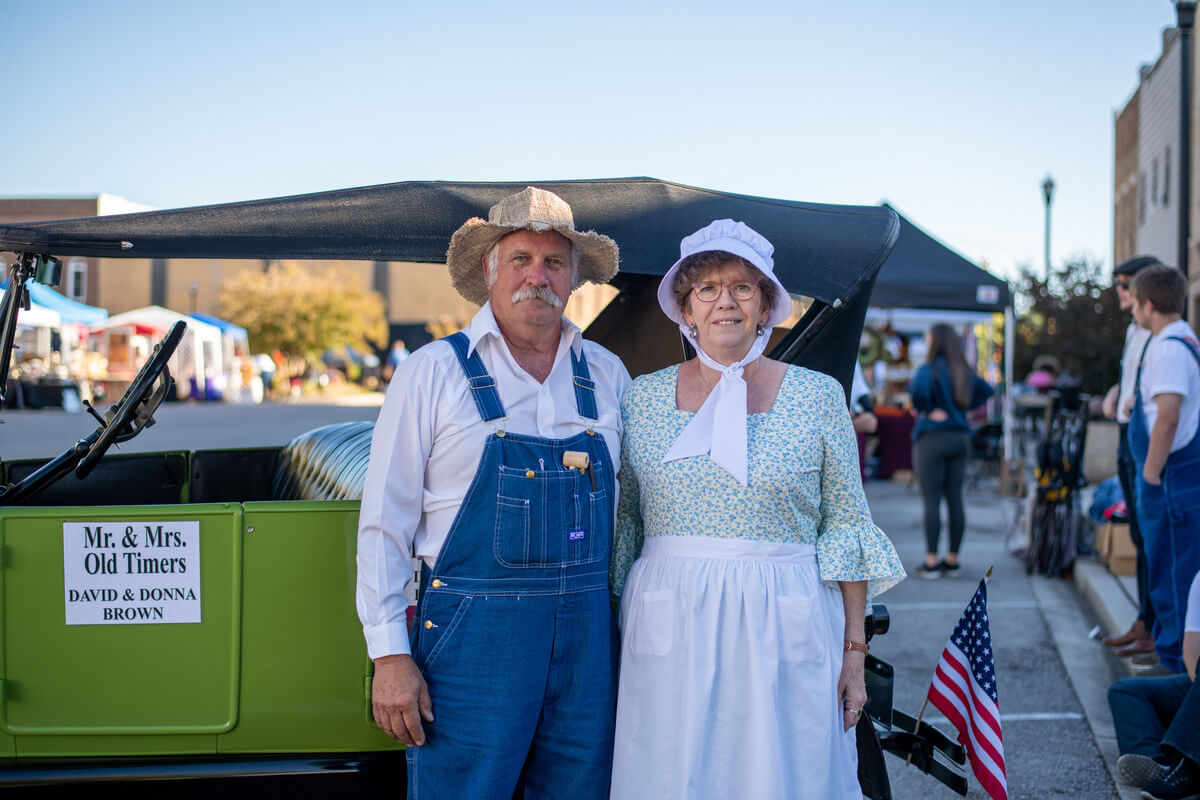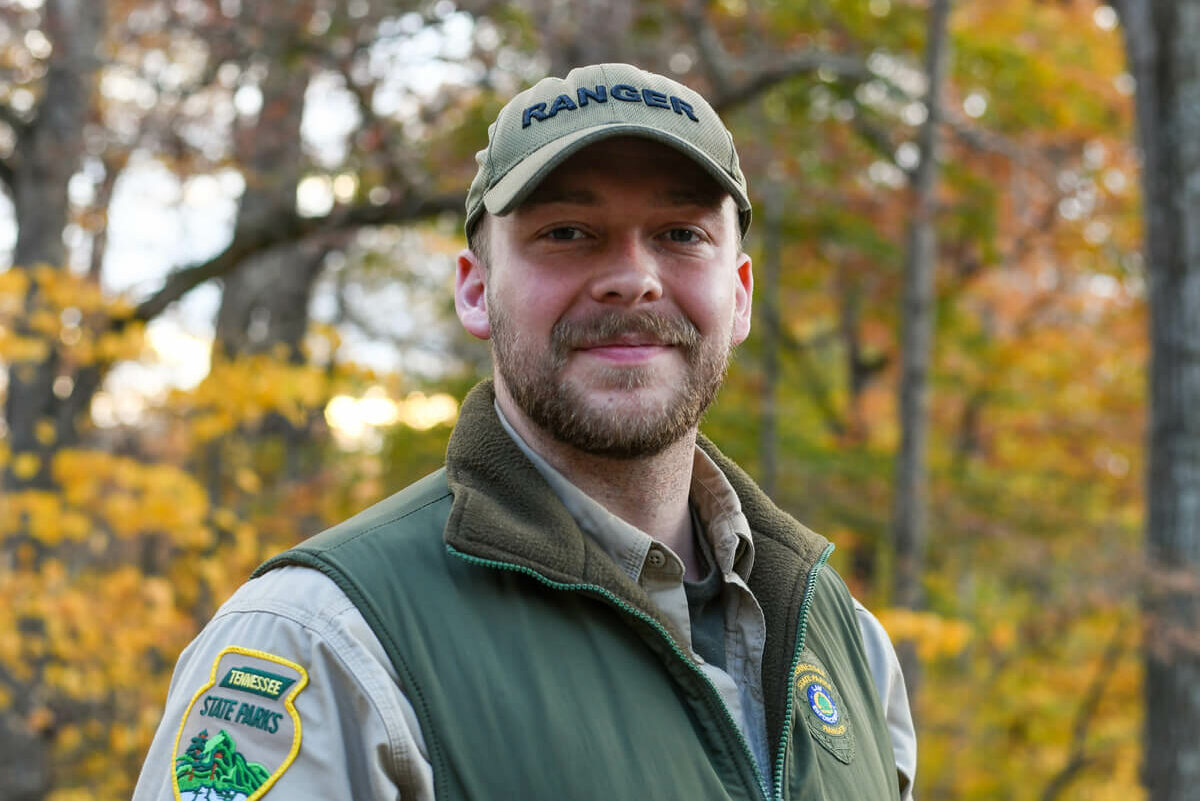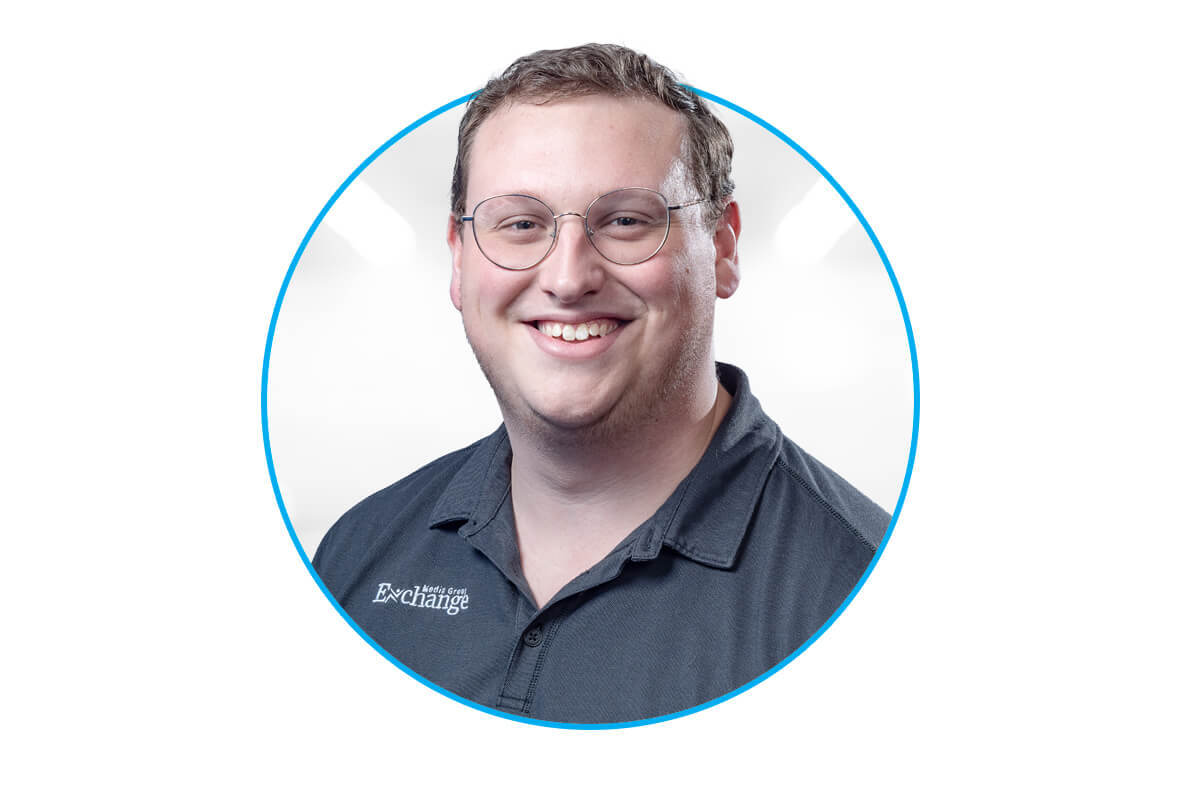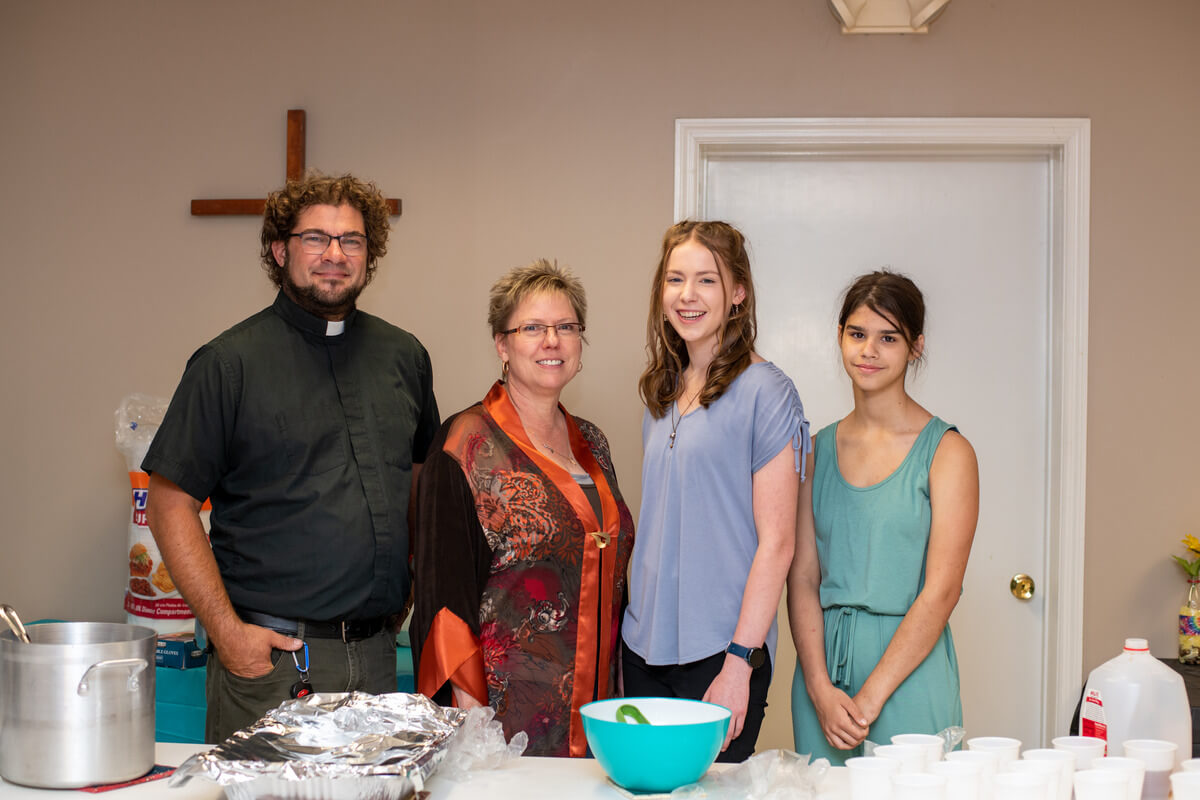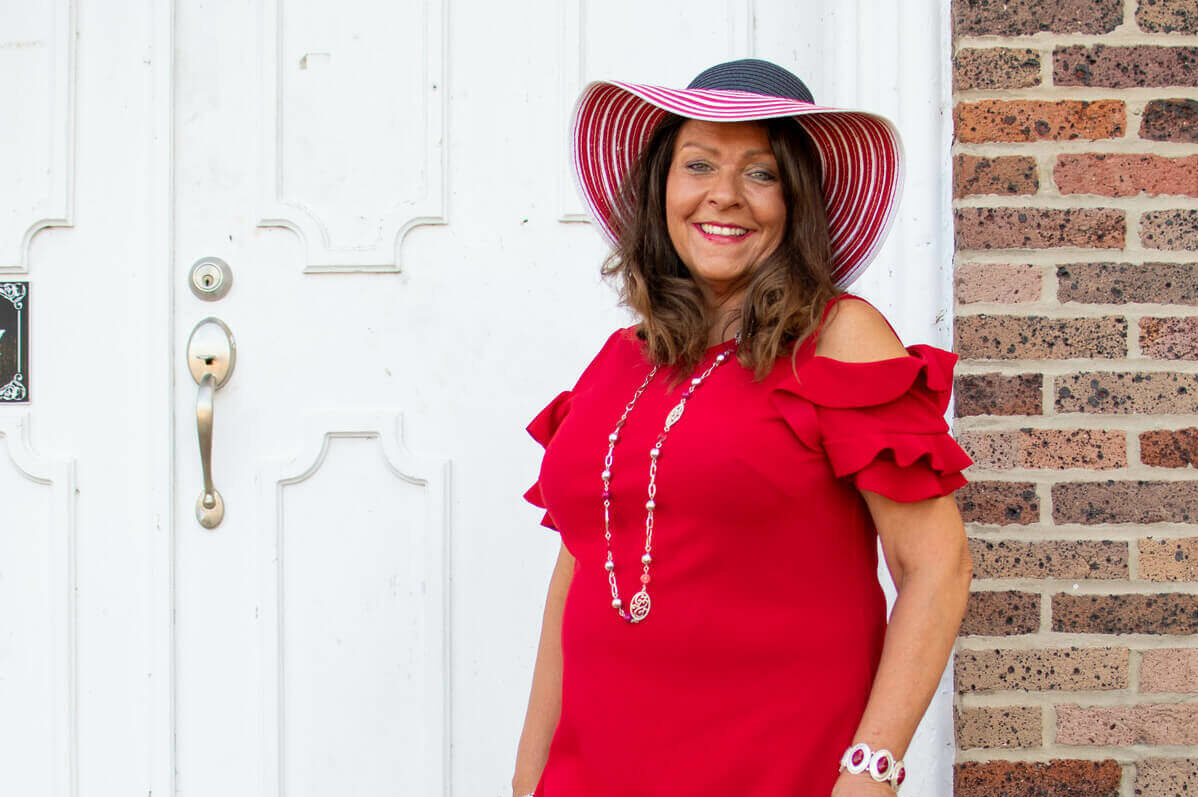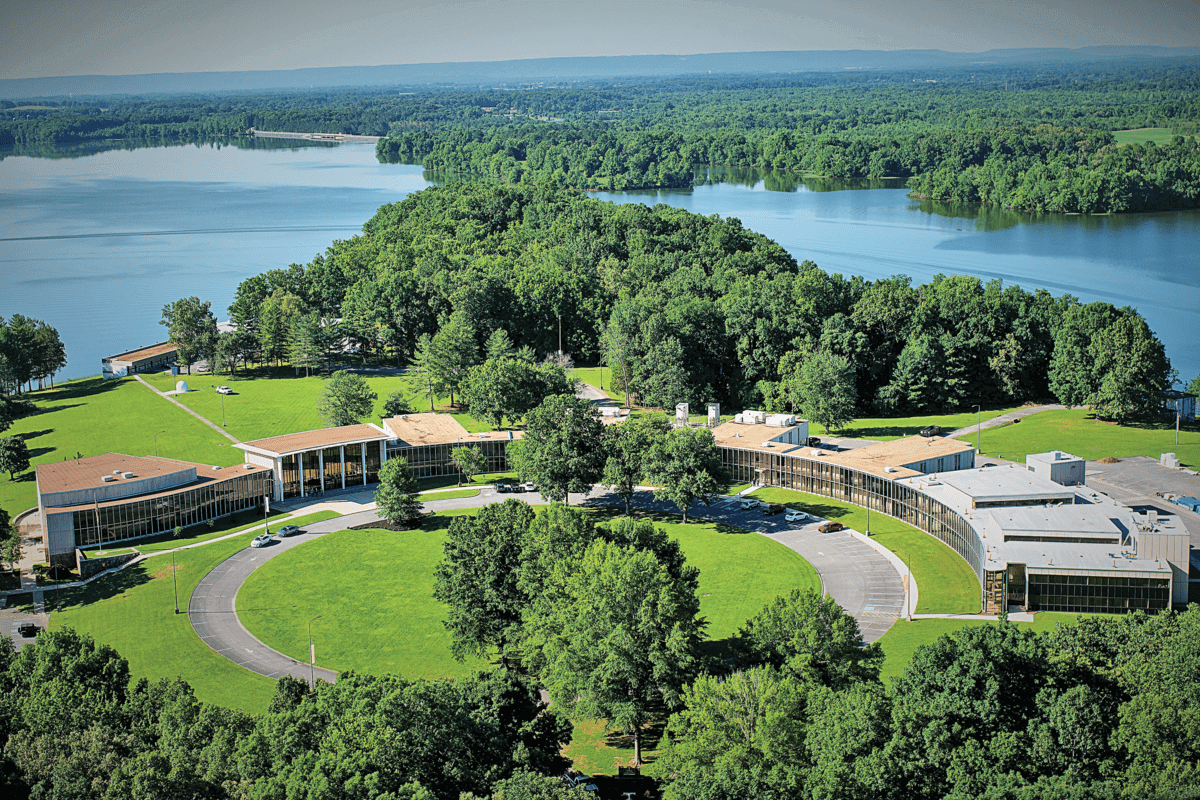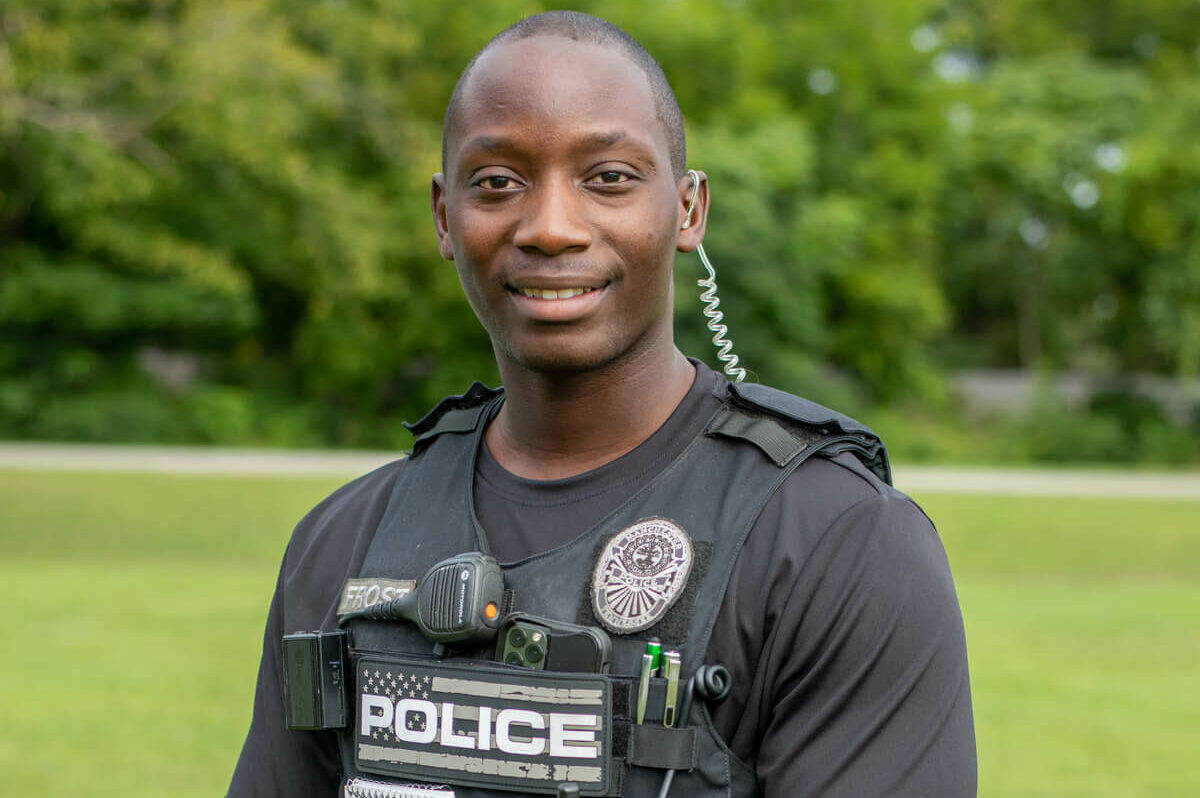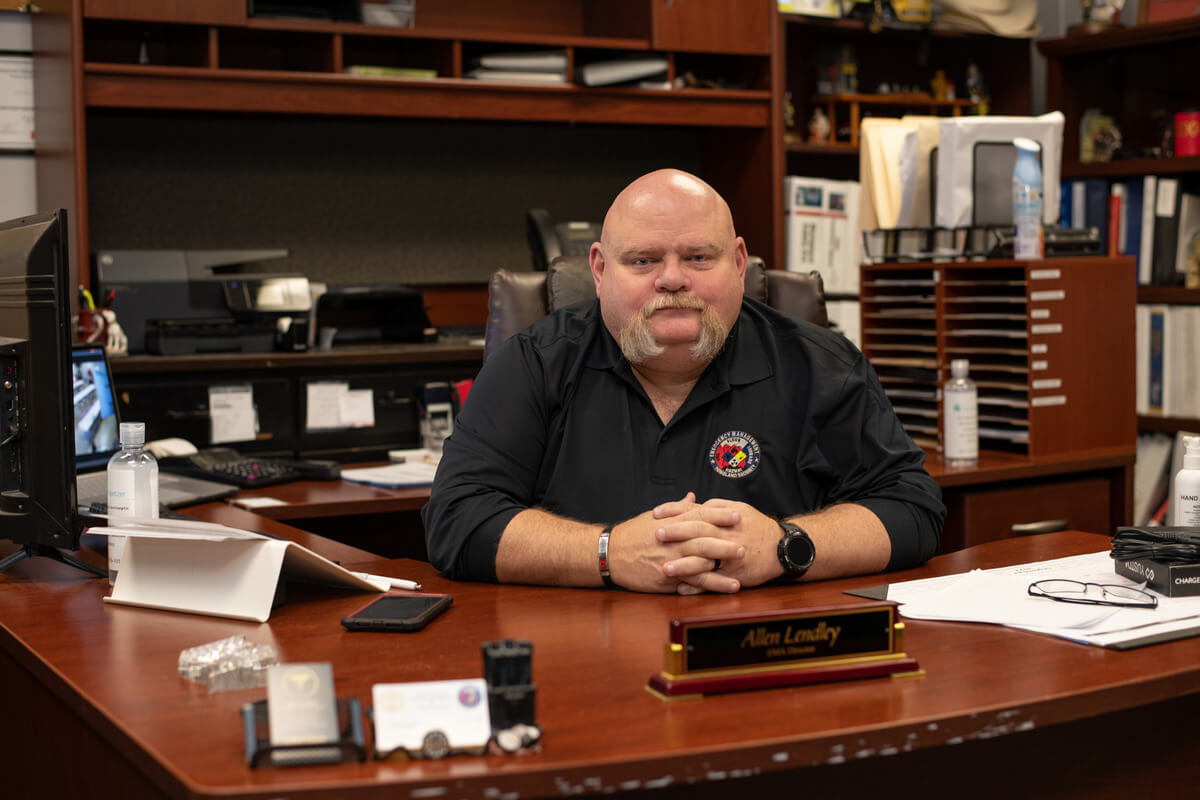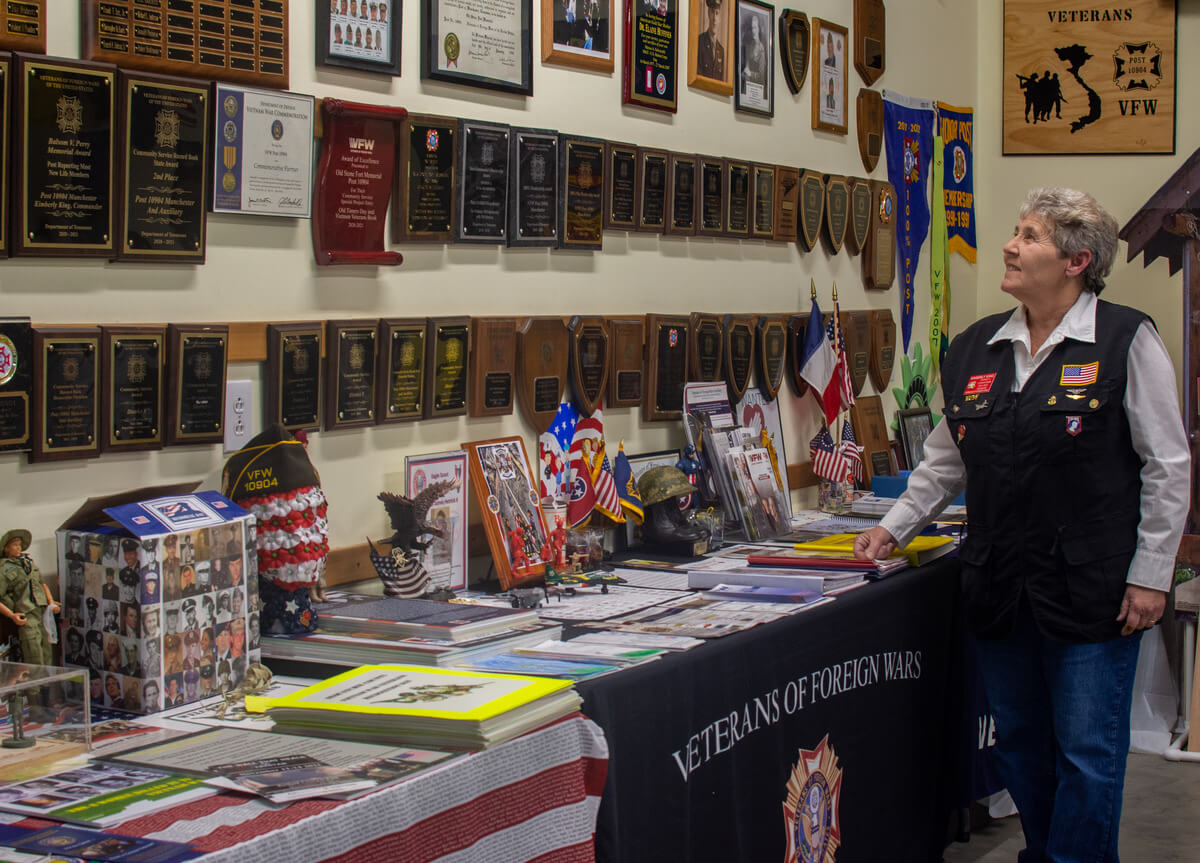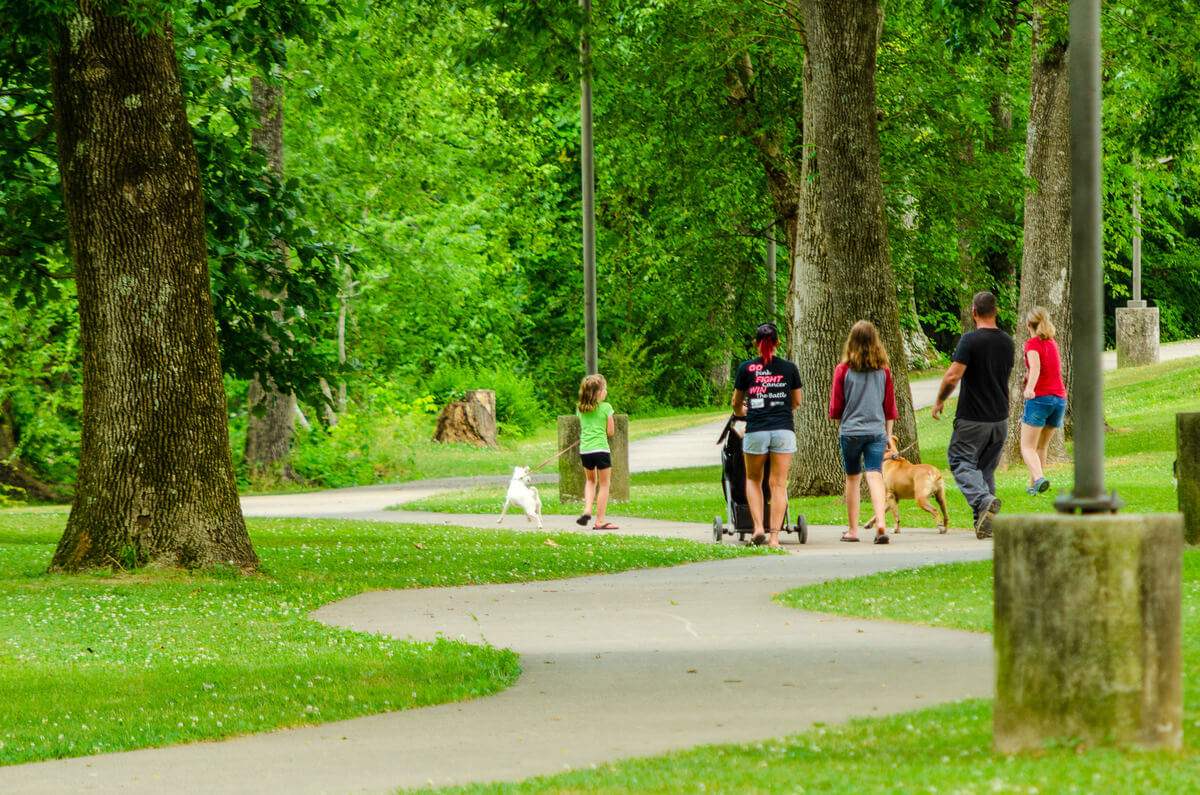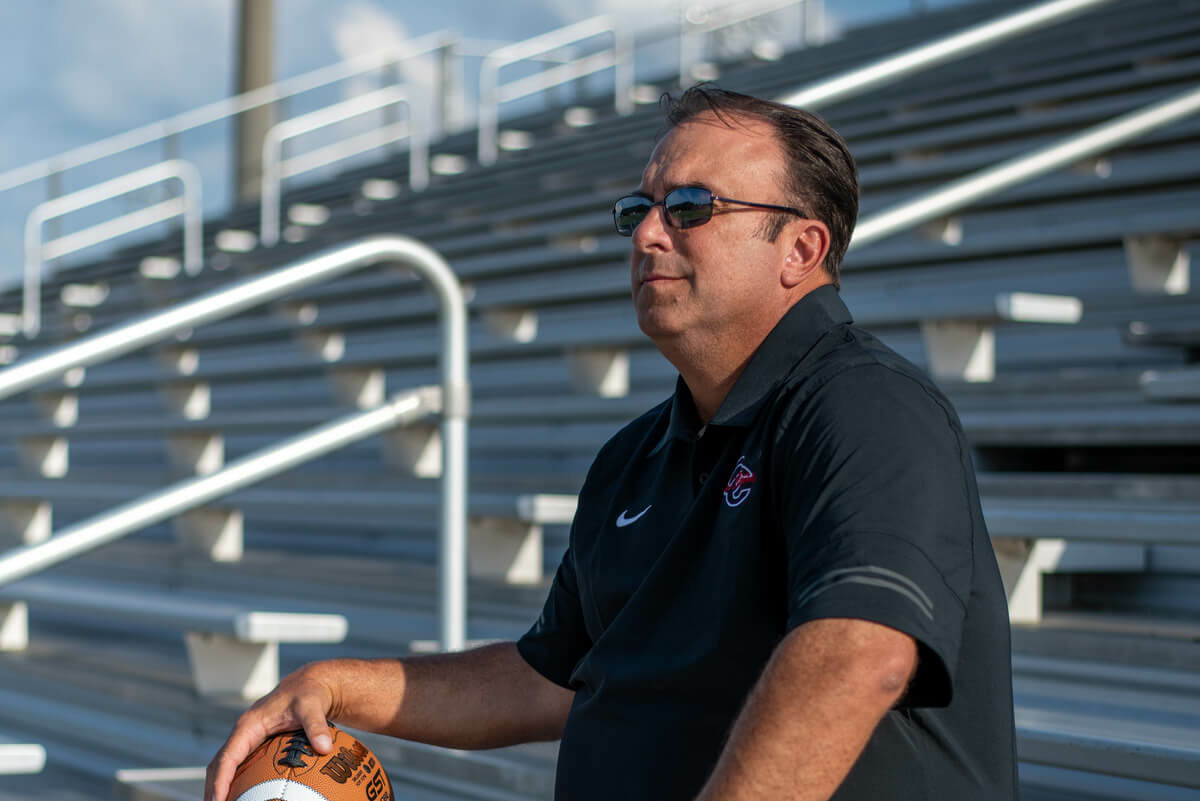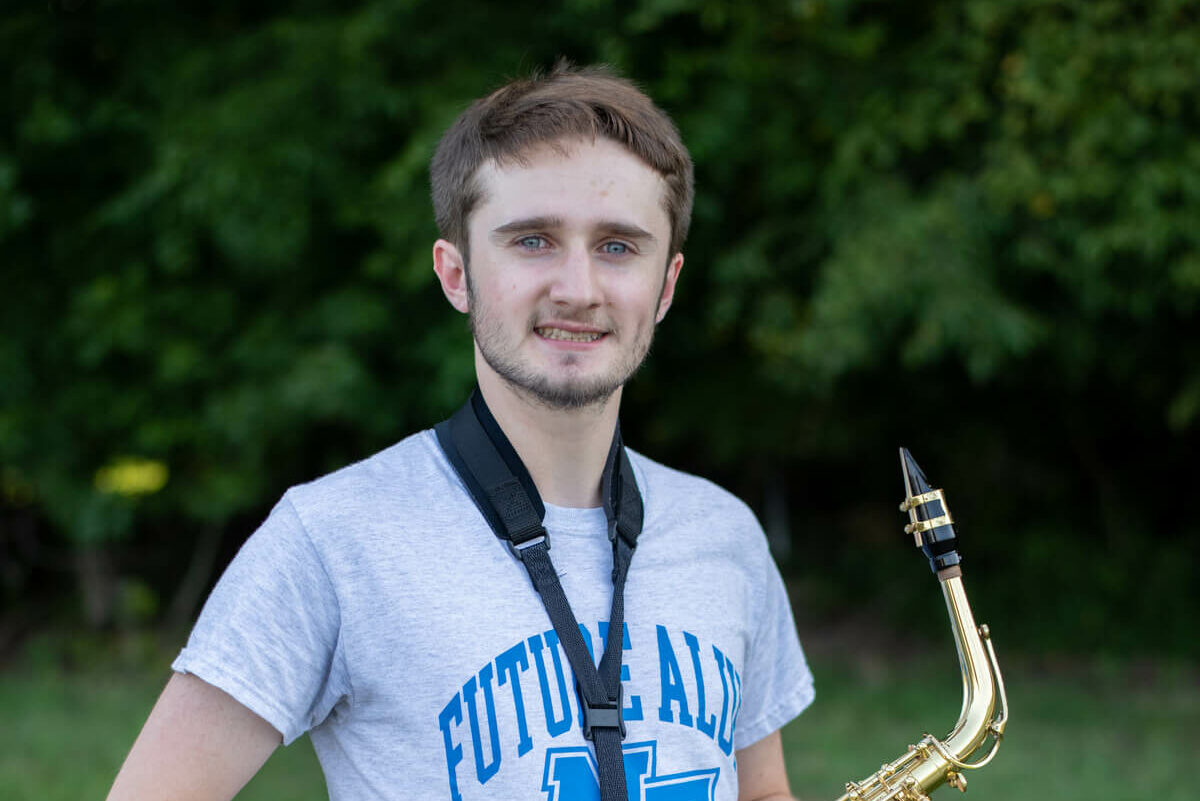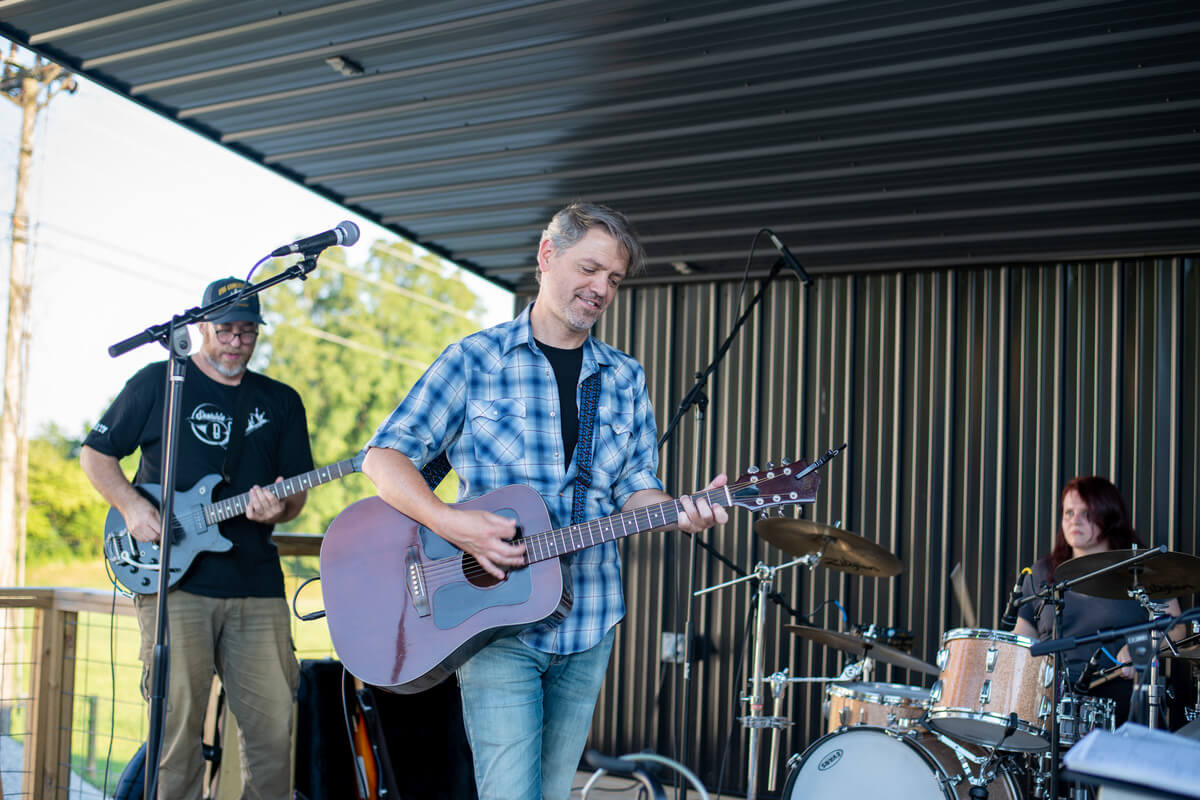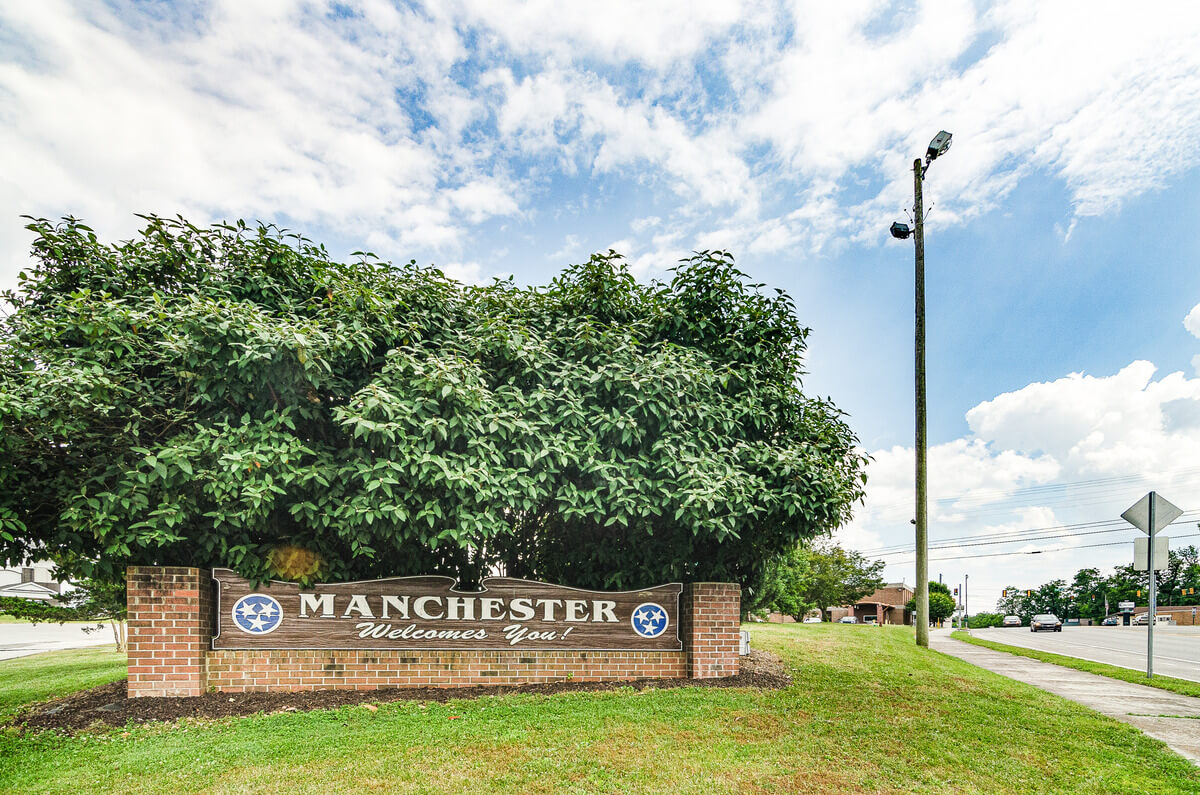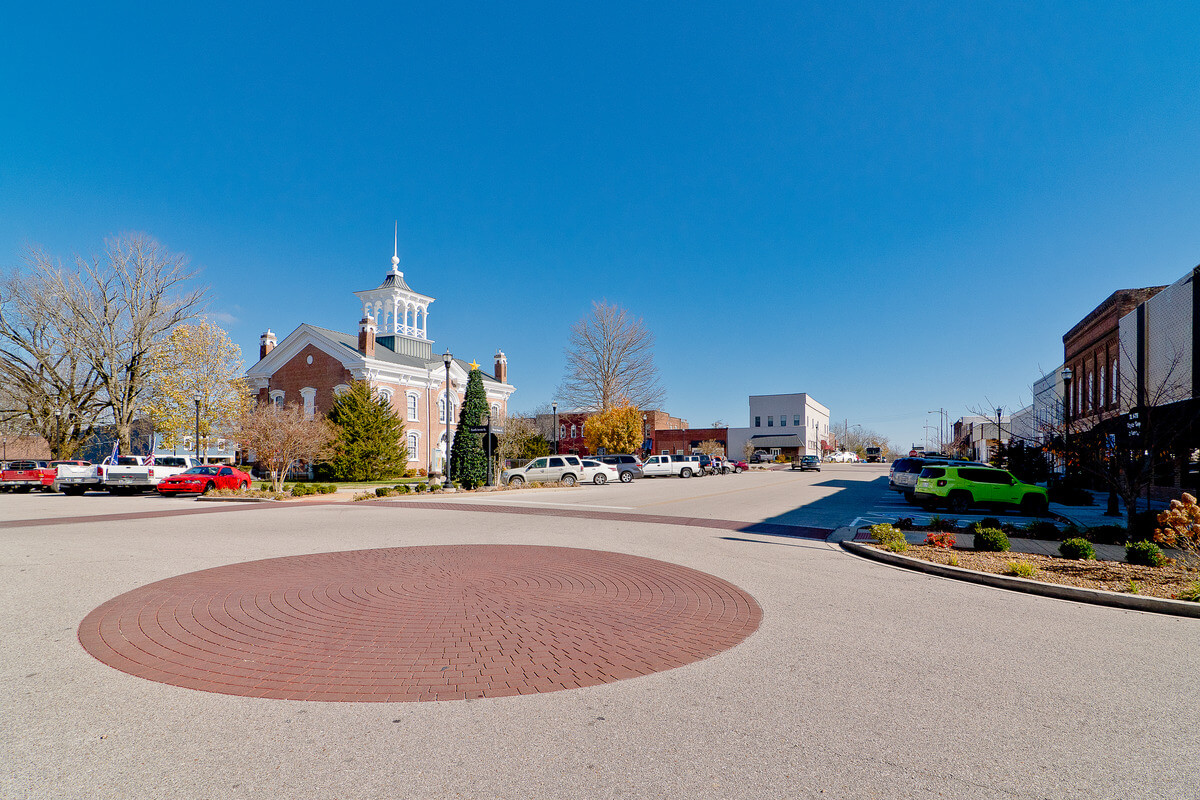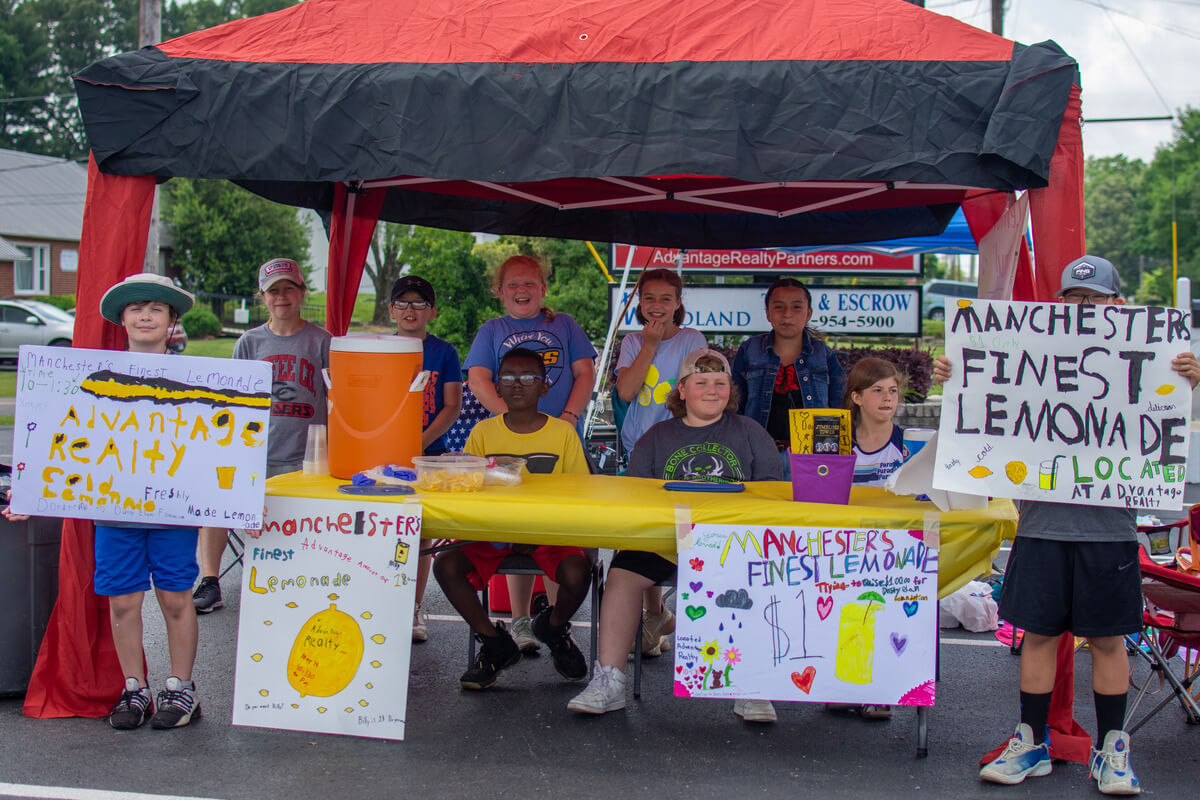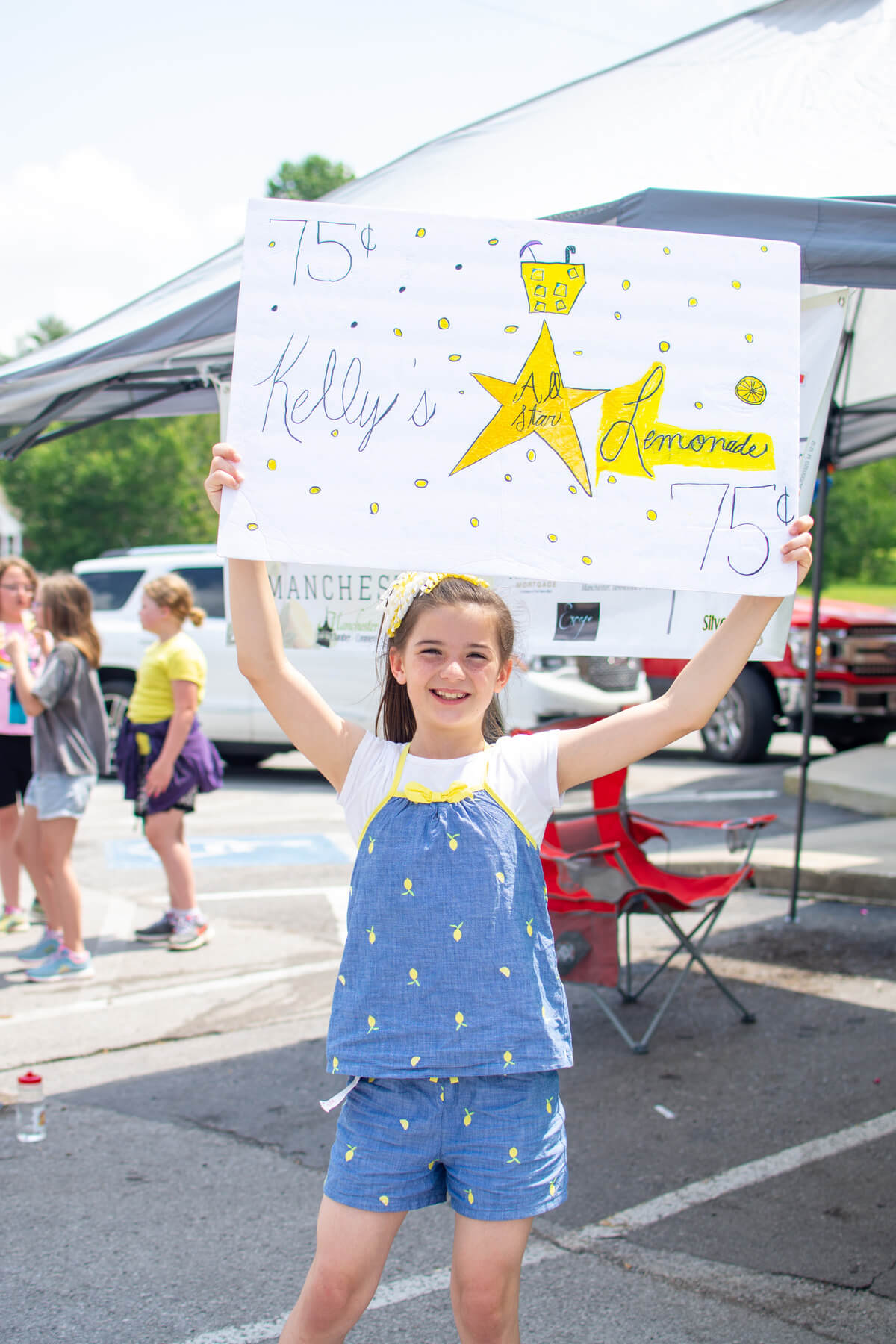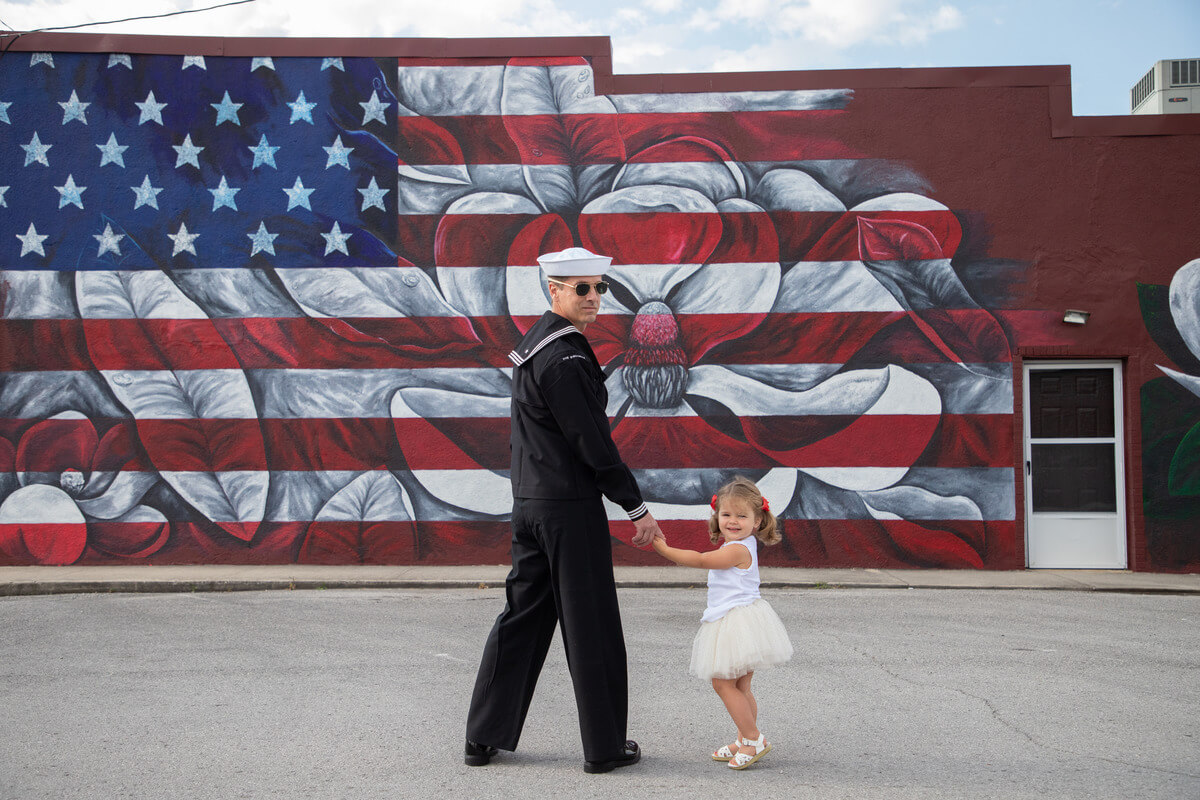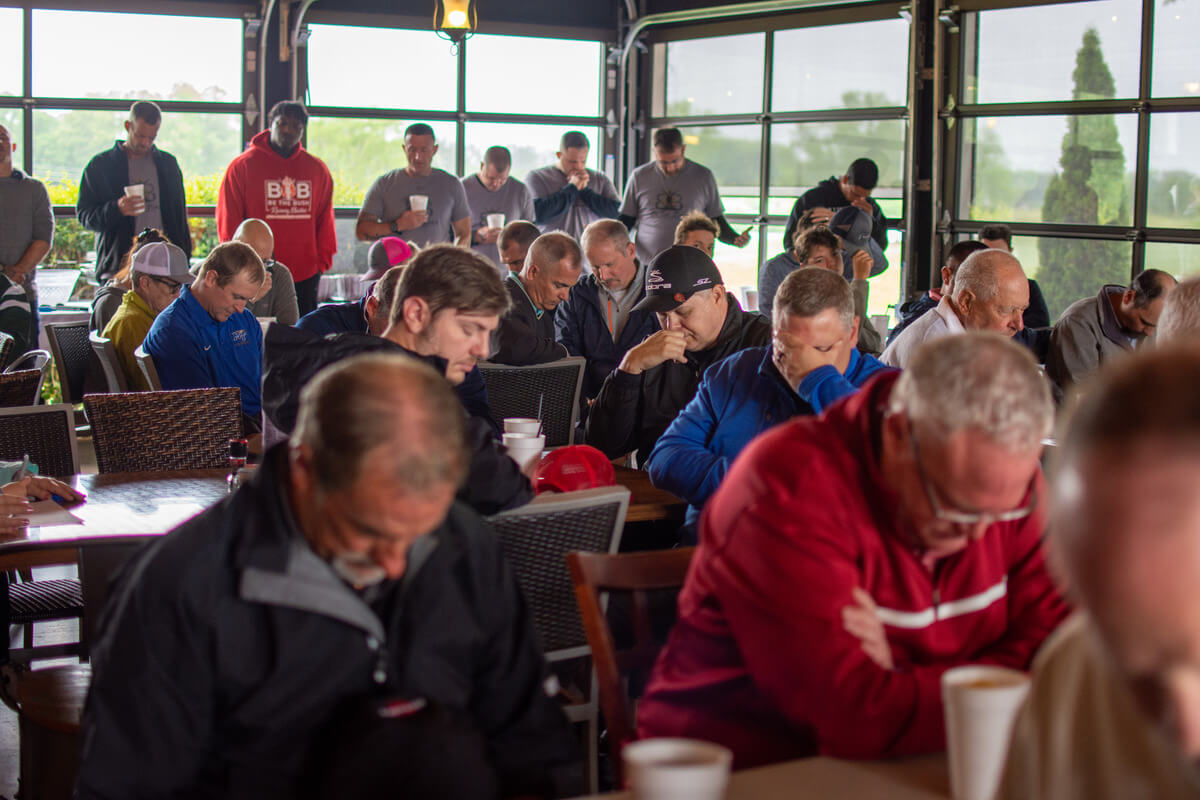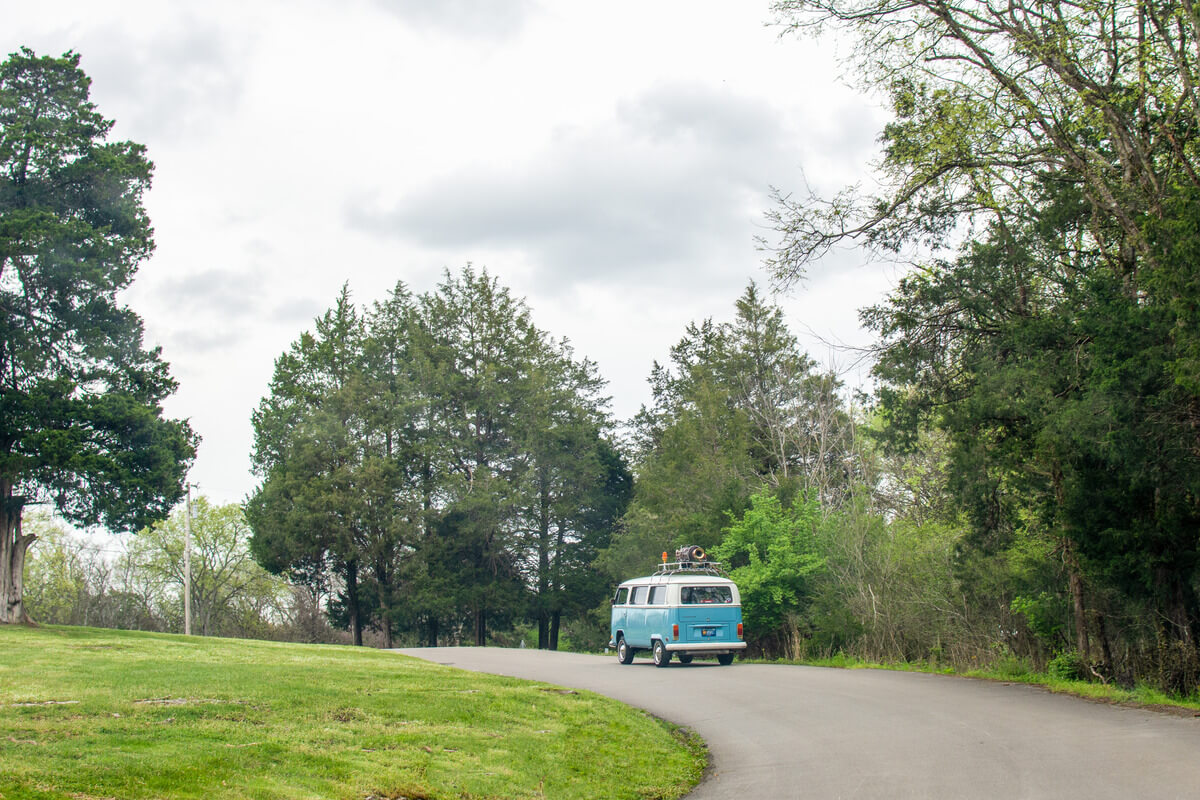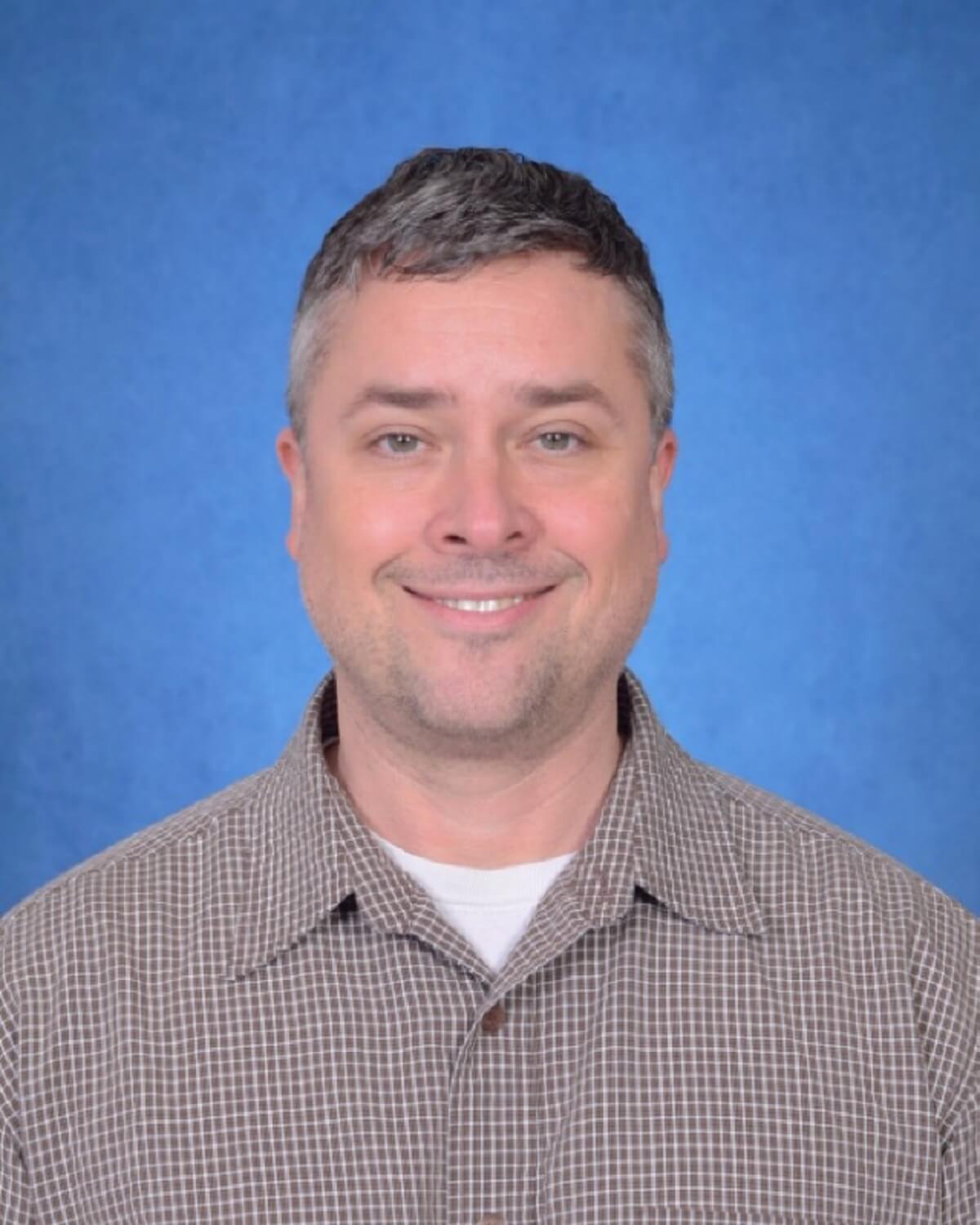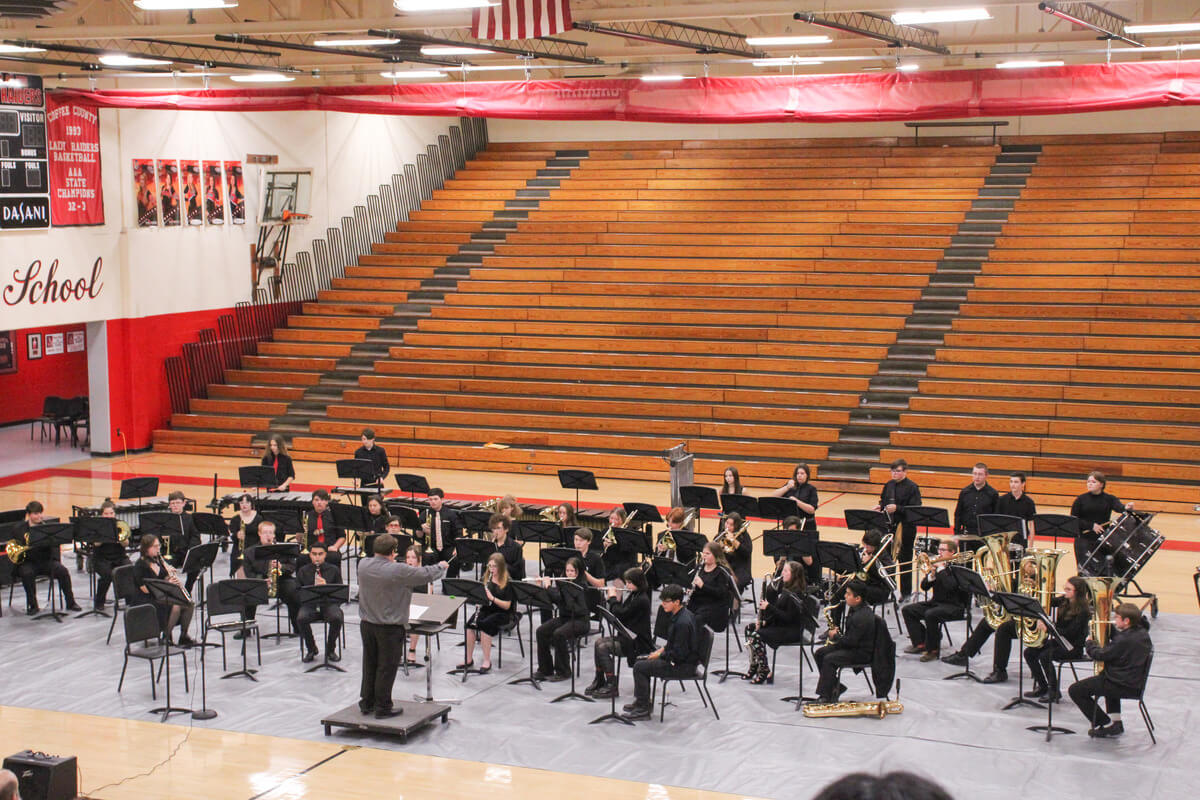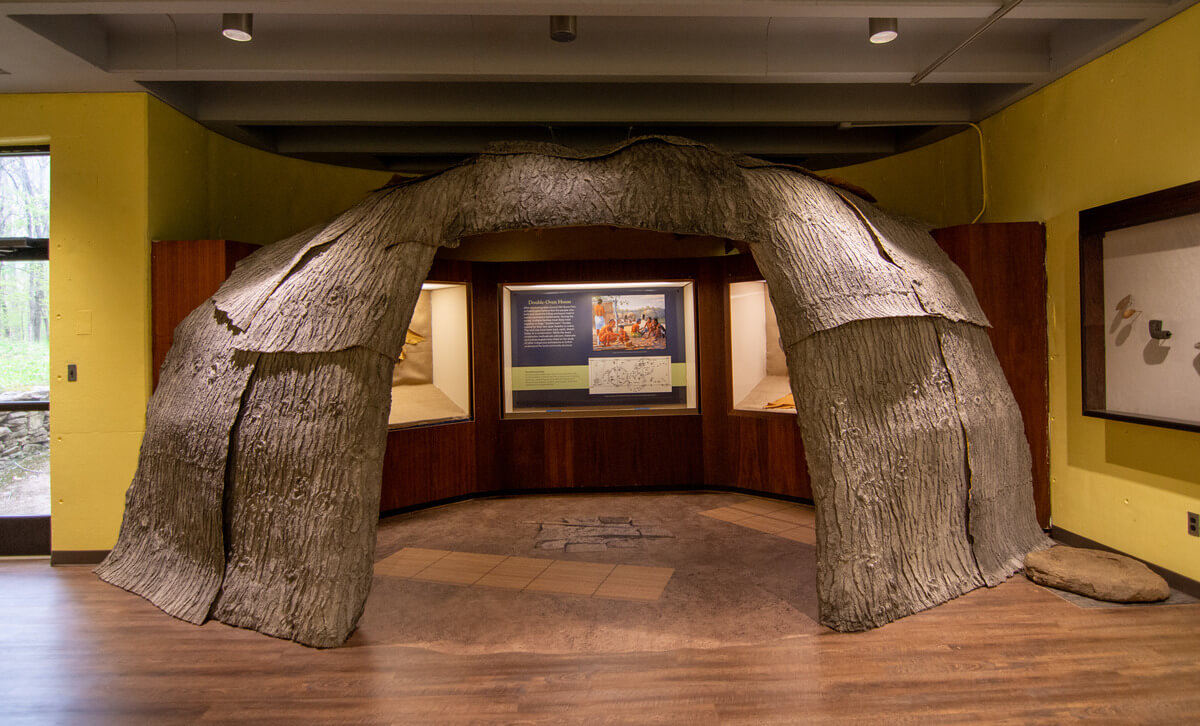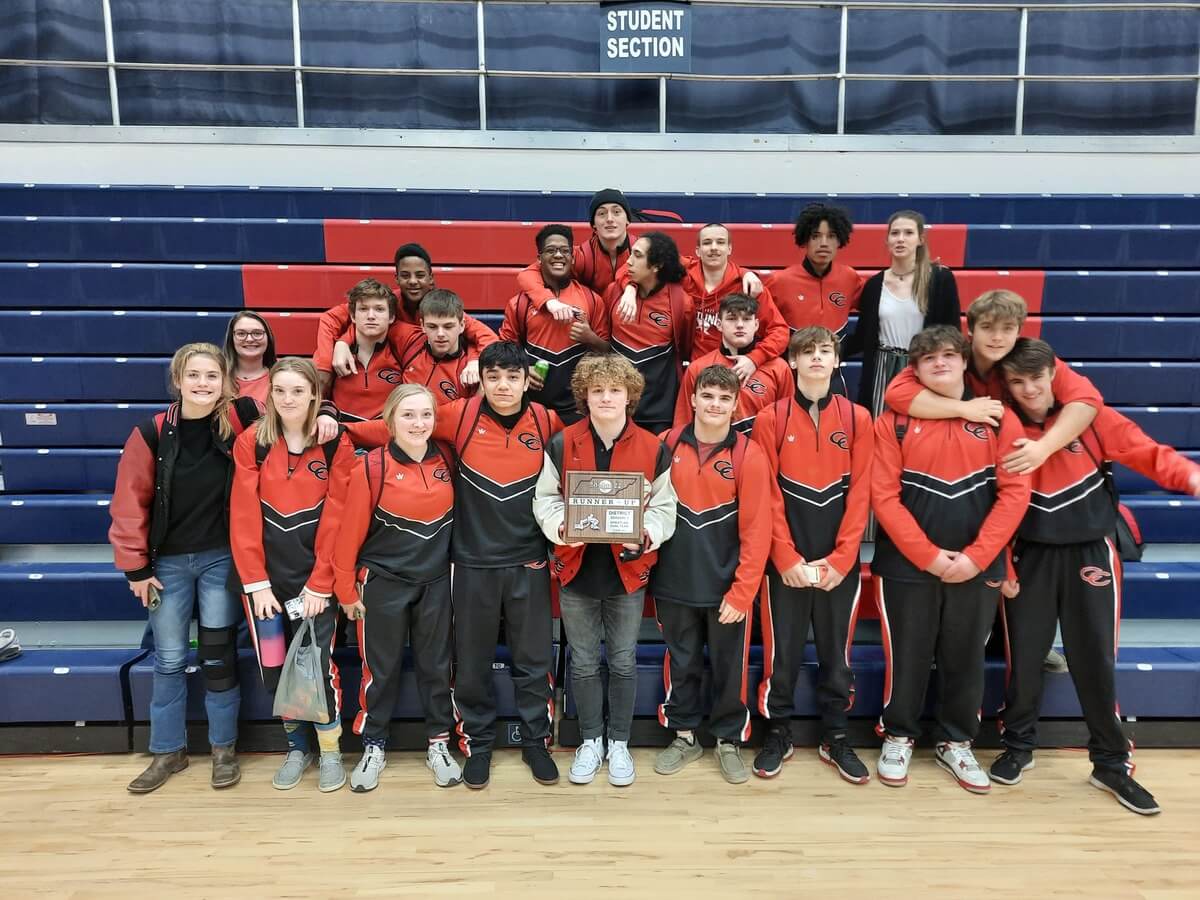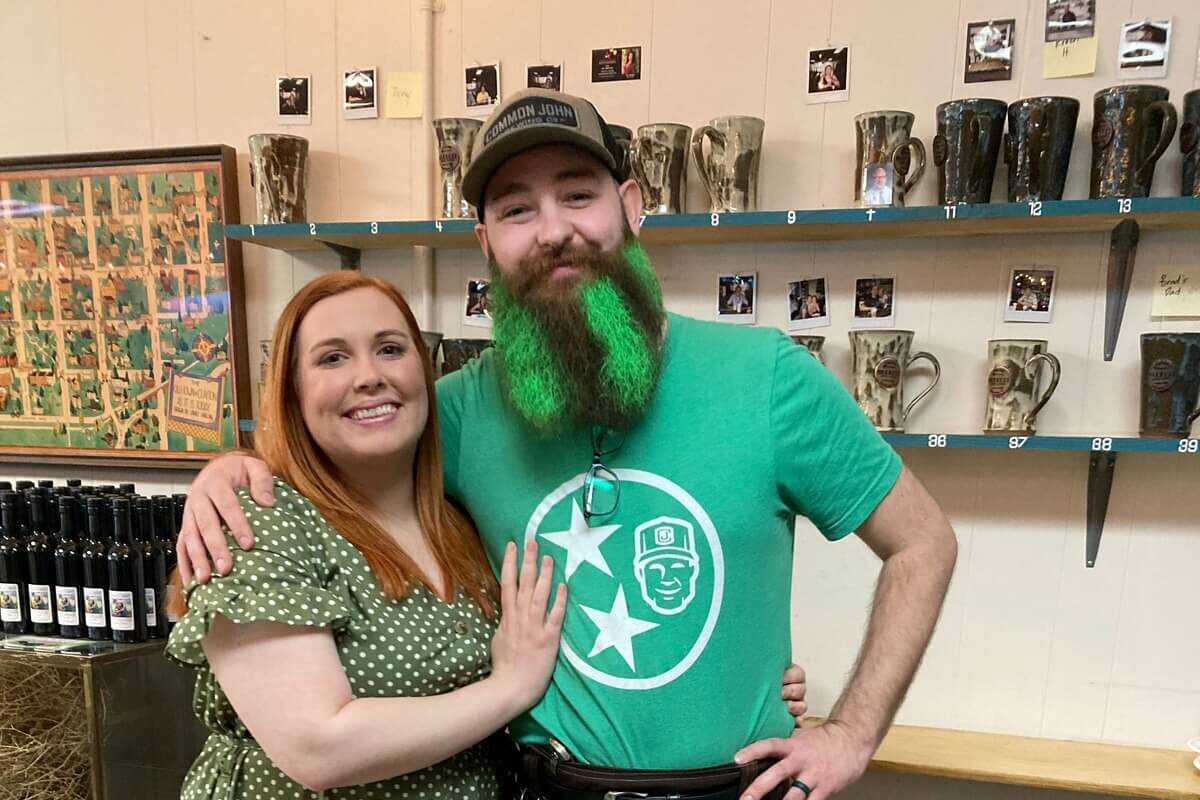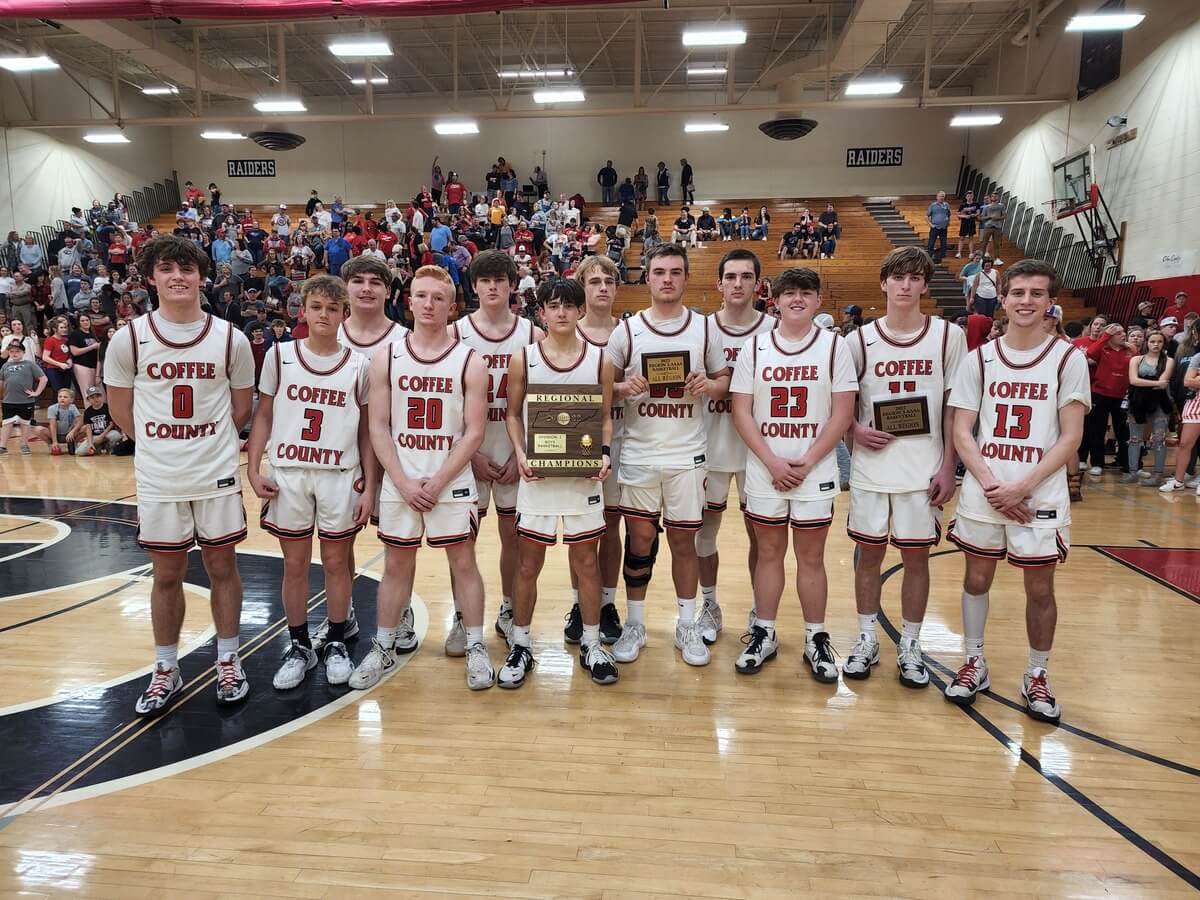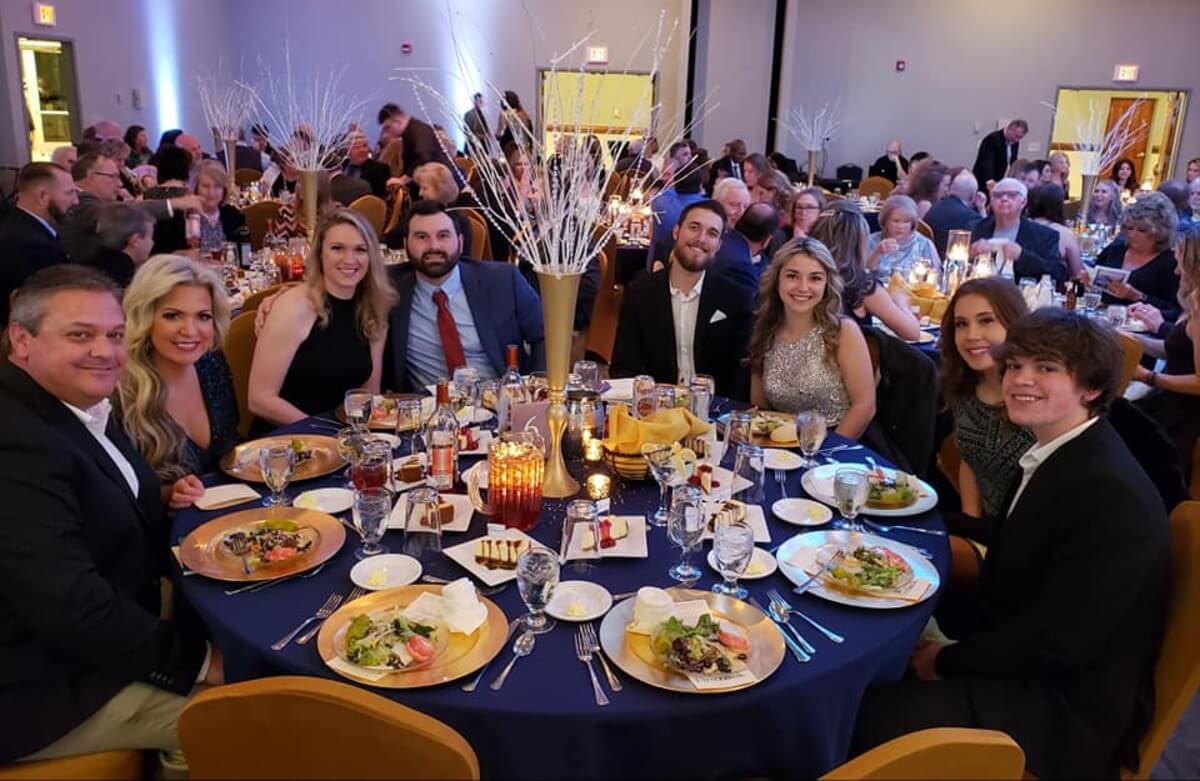FRED KASPER only had seconds to duck when a rocket careened toward his vicinity in Iraq. The blast ripped his body from the ground like a tornado tearing a door from its hinges. The American sailor slammed into the dirt, inducing a sharp pain on his left side. Eardrums rang as smoke and dirt filled the air. Help soon arrived to move him from danger, but Kasper refused to leave. Kasper did not want to abandon his team, so he went back and continued living the very definition of bravery.
Life started for Kasper in 1968, growing up in Missouri. Since around the age of 10, the St. Louis native had always wanted to join the military. Kasper attended a Navy JROTC program in high school and enlisted in the Navy in 1988. From there, he worked in many roles for the military, including as a surgical technologist, independent duty corpsman, career counselor, combat advisor, and master chief at various stations —- in California, Illinois, Kansas, Virginia, Hawaii, and more. He saw numerous international deployments to Japan, North Korea, Vietnam, and Iraq.
With these deployments came some of his greatest joys as he served on two Prisoners of War and Missing in Action (POW/MIA) recovery missions — one in Vietnam and the other in North Korea.

Kasper traveled to Vietnam in 2001 — almost 30 years after the end of the infamous Vietnam War. A team of 12 worked to excavate and process the remains of people who died in the battle. Kasper specifically recalled them digging up a pilot from an A-4 jet fighter aircraft that had crashed during a bombing campaign.
Three prior groups had failed to locate the dead pilot over the years. When Kasper finally found the pilot, he could still smell the jet fuel from the plane after all those years. The military repatriated the lost pilot to the U.S., and the finding became one of the most meaningful moments of Kasper’s career.
“It provided answers to the family,” he said. “I can’t imagine there being anything worse than not knowing where your loved one is — whether they’re dead or alive. Just knowing what their status is means everything to these families.”
For the veteran, that body could have easily been his. One time, such a tragedy almost occurred.
During a one-year deployment from 2007 to 2008 amidst the Iraq War, Kasper and 11 team members took charge in training and teaching Iraqis how to sustain and protect themselves. While in a Green Zone known for getting targeted by mortars and rockets, Kasper found himself in the middle of an attack on the base. The assault damaged his hip, shoulder, knee, and other parts of his body after landing on his left side following a nearby explosion. Despite the injuries, Kasper stayed with his team.

The tragedy served as one of his worst memories in life — but one he would live through all over again for his country.
As a result of his sustained injuries, the veteran received the Purple Heart before retiring from the Navy in 2014 after 26 years of honorable service.
He would admit that some of those years required bravery, but maybe not the kind some may think.
“When the need and the drive to want to protect, in a situation where you can help those around you, it’s a very split-second decision,” the veteran said. “Bravery is not the absence of fear. It is rather the will to overcome the obstacles that are in your way.”
No longer with the military, Kasper discovered new ways to serve in his communities. After finding his dream home with his wife in Manchester, the veteran began working at the Air Force base in Tullahoma and then in suicide prevention, seeking to live out the courage instilled within him from his days in the military — years he will never regret.
“To serve my country means everything to me, and I would do it again in a heartbeat.” GN













